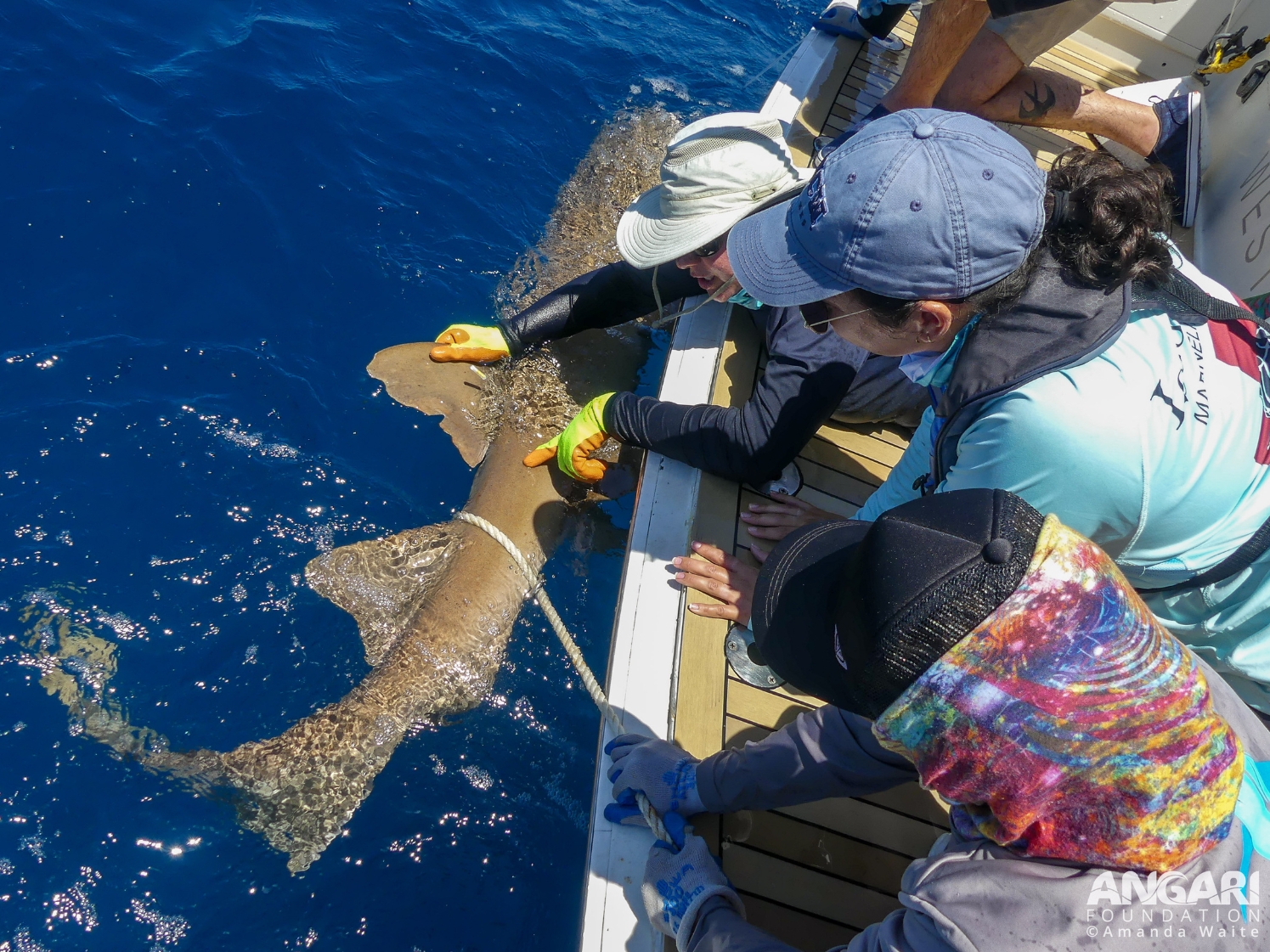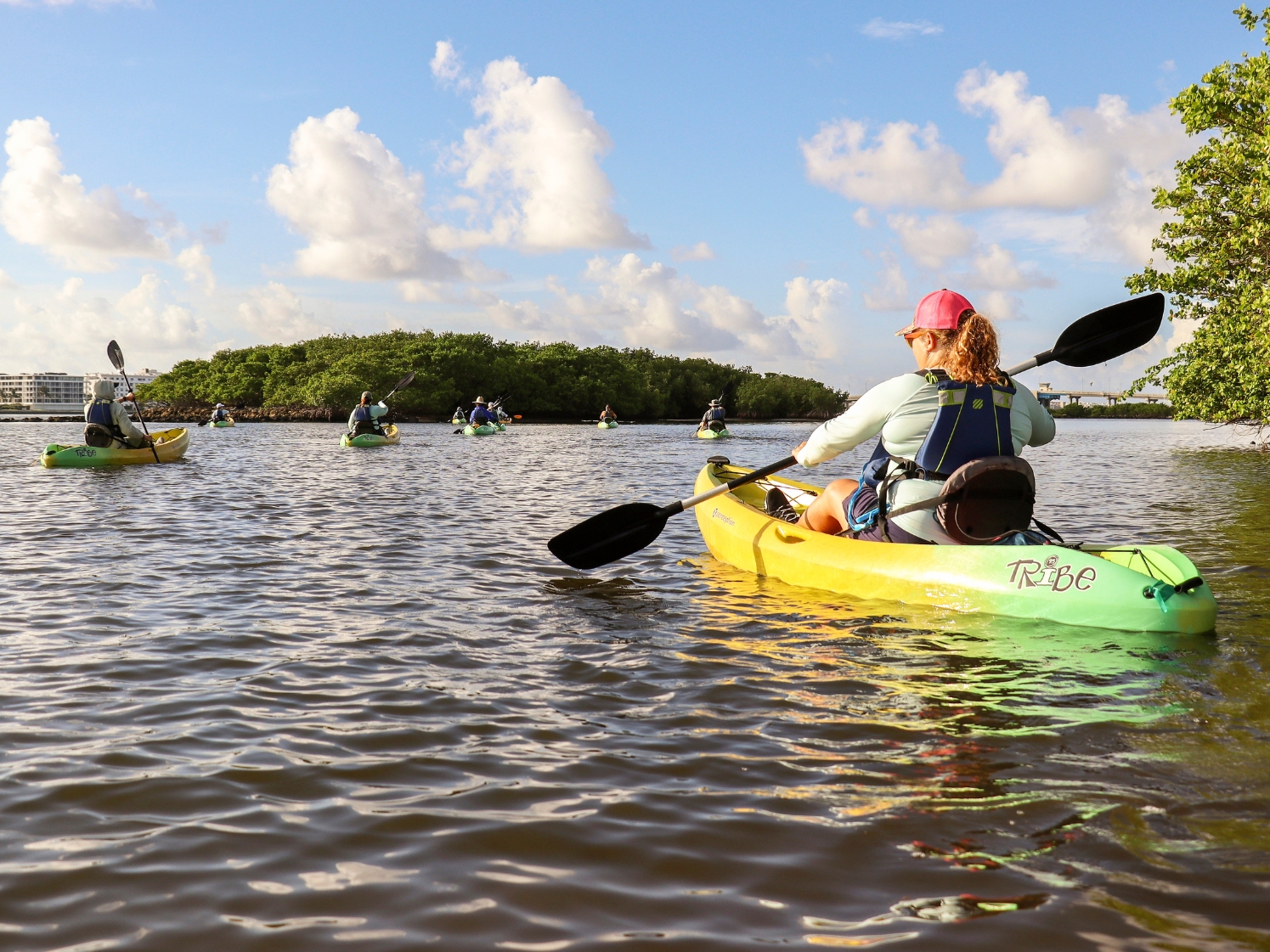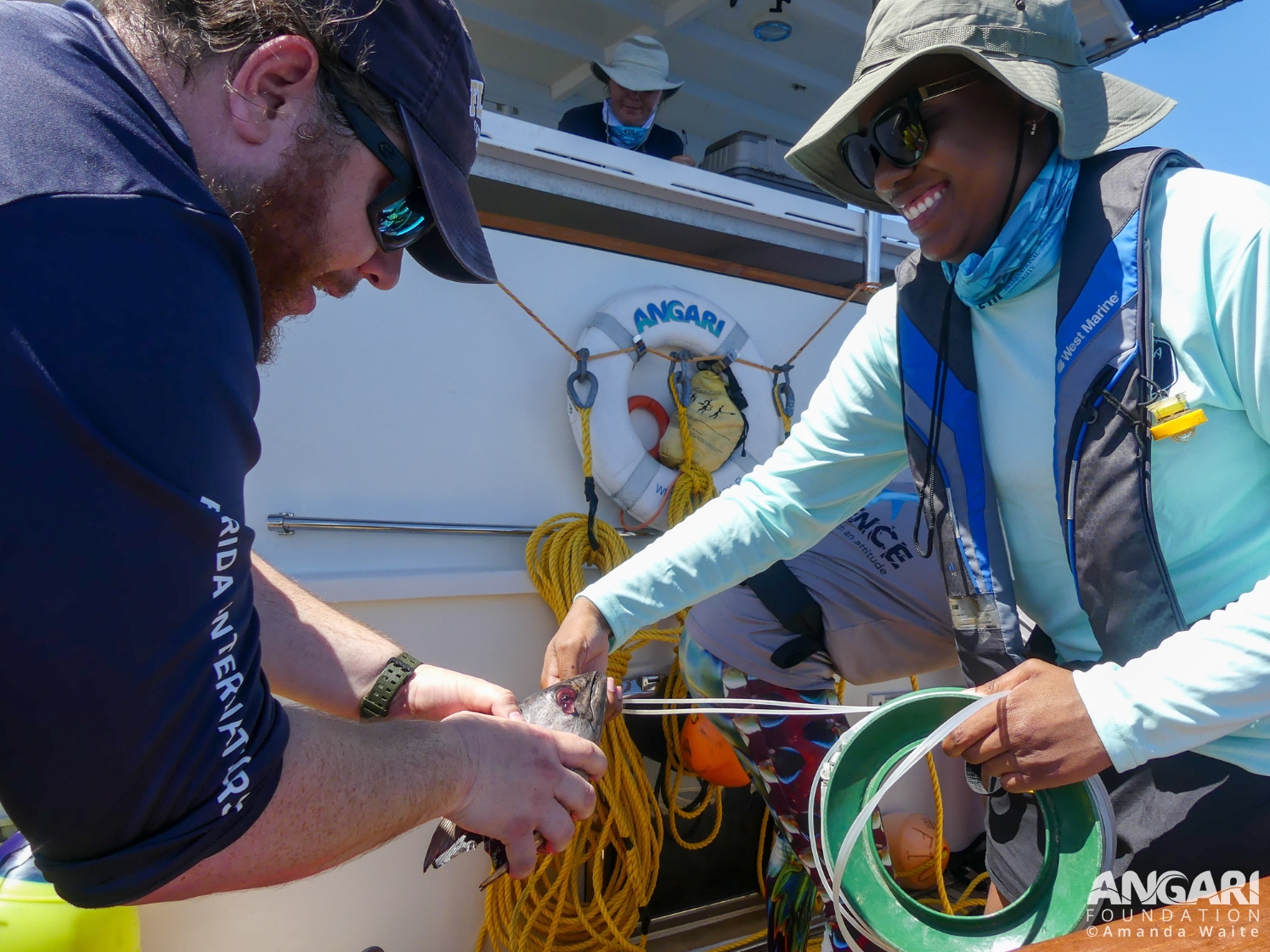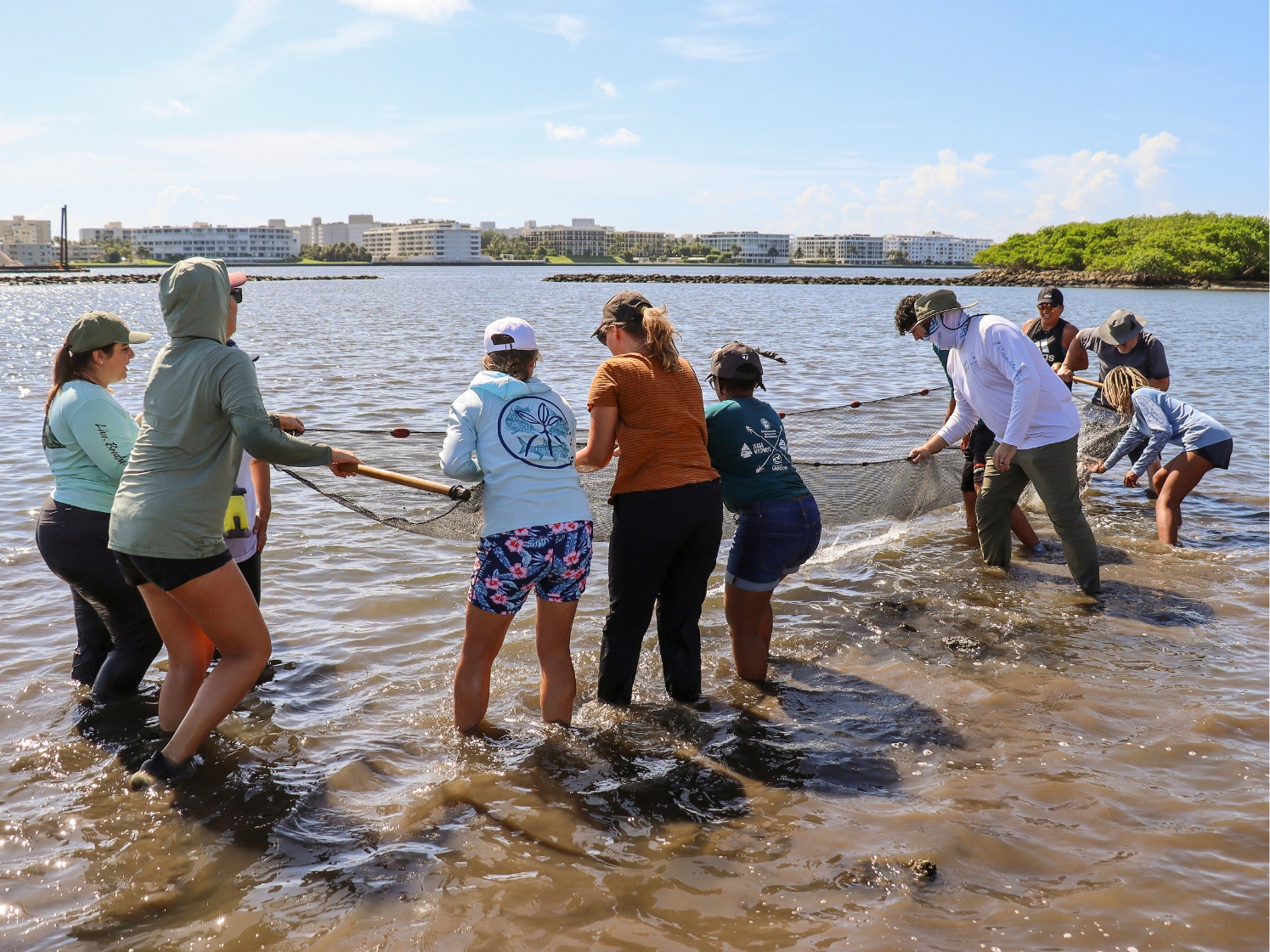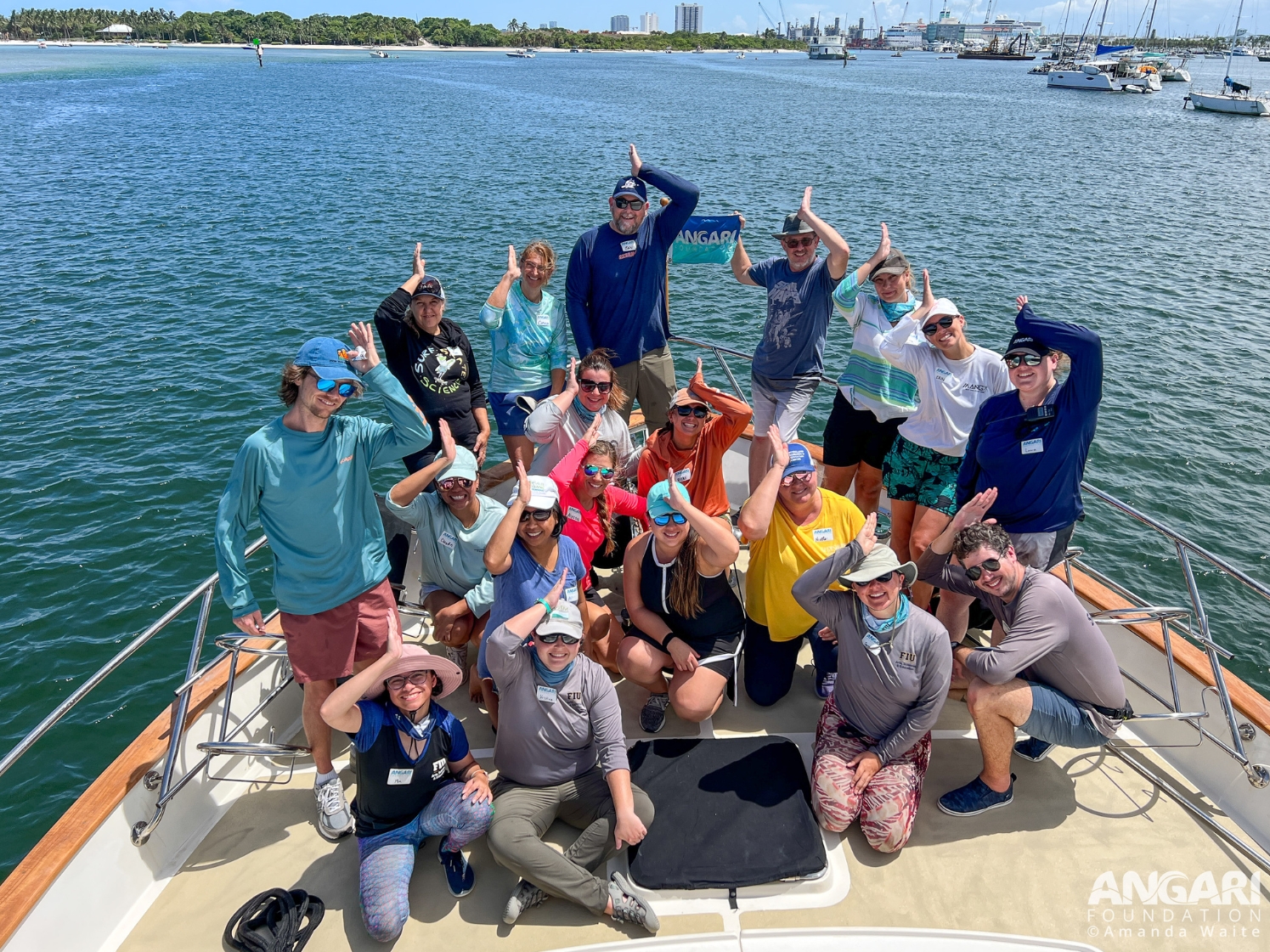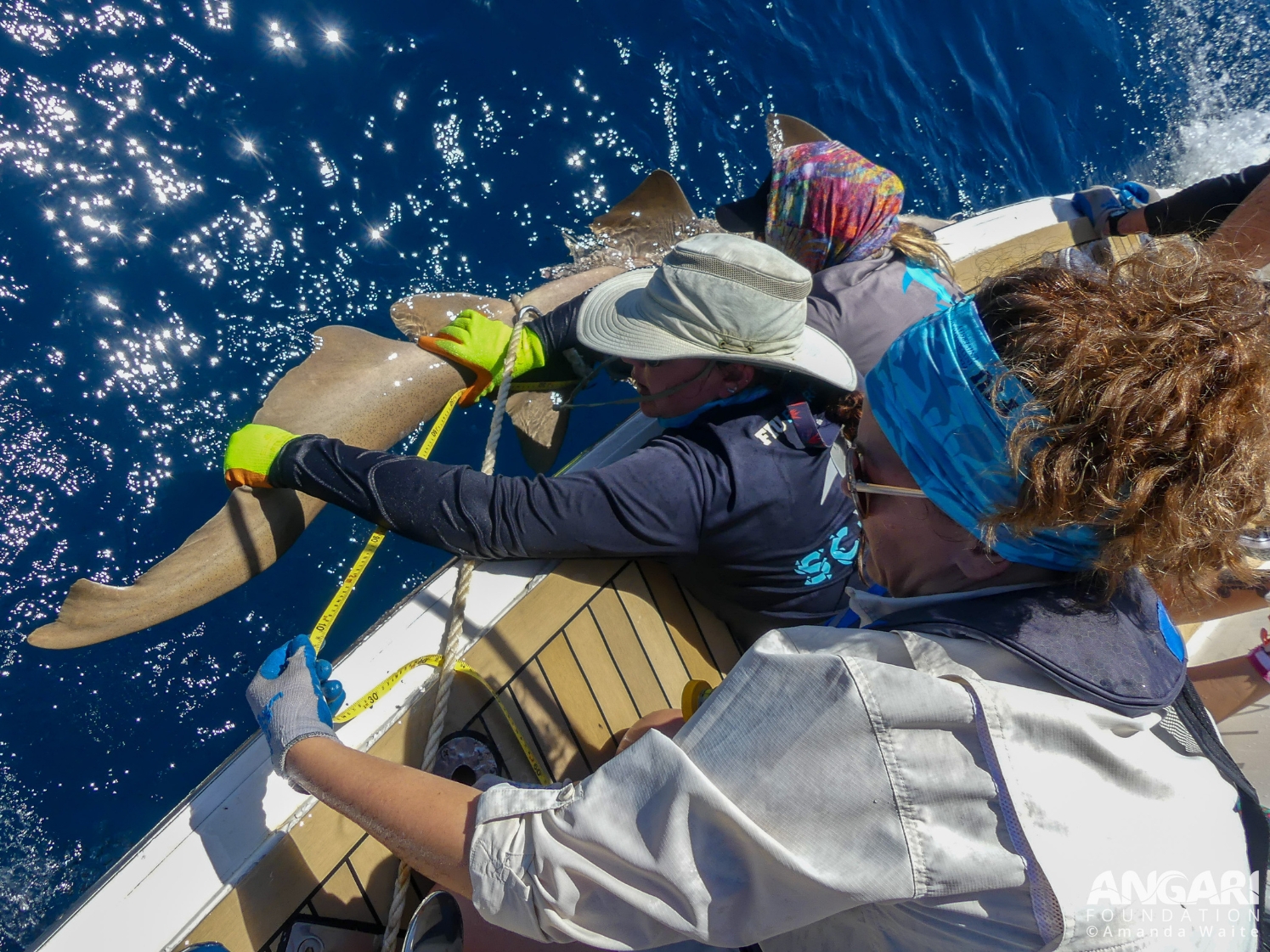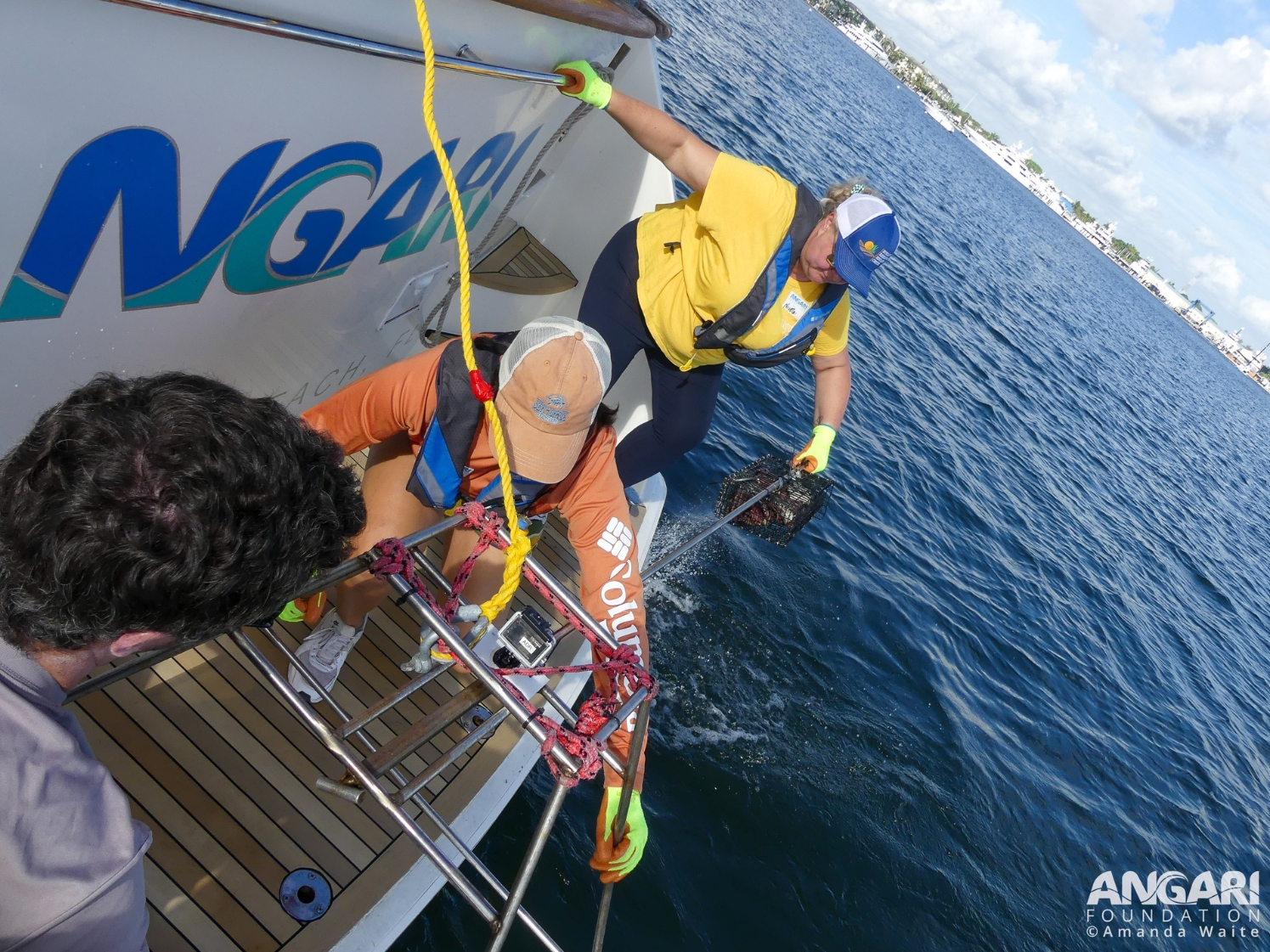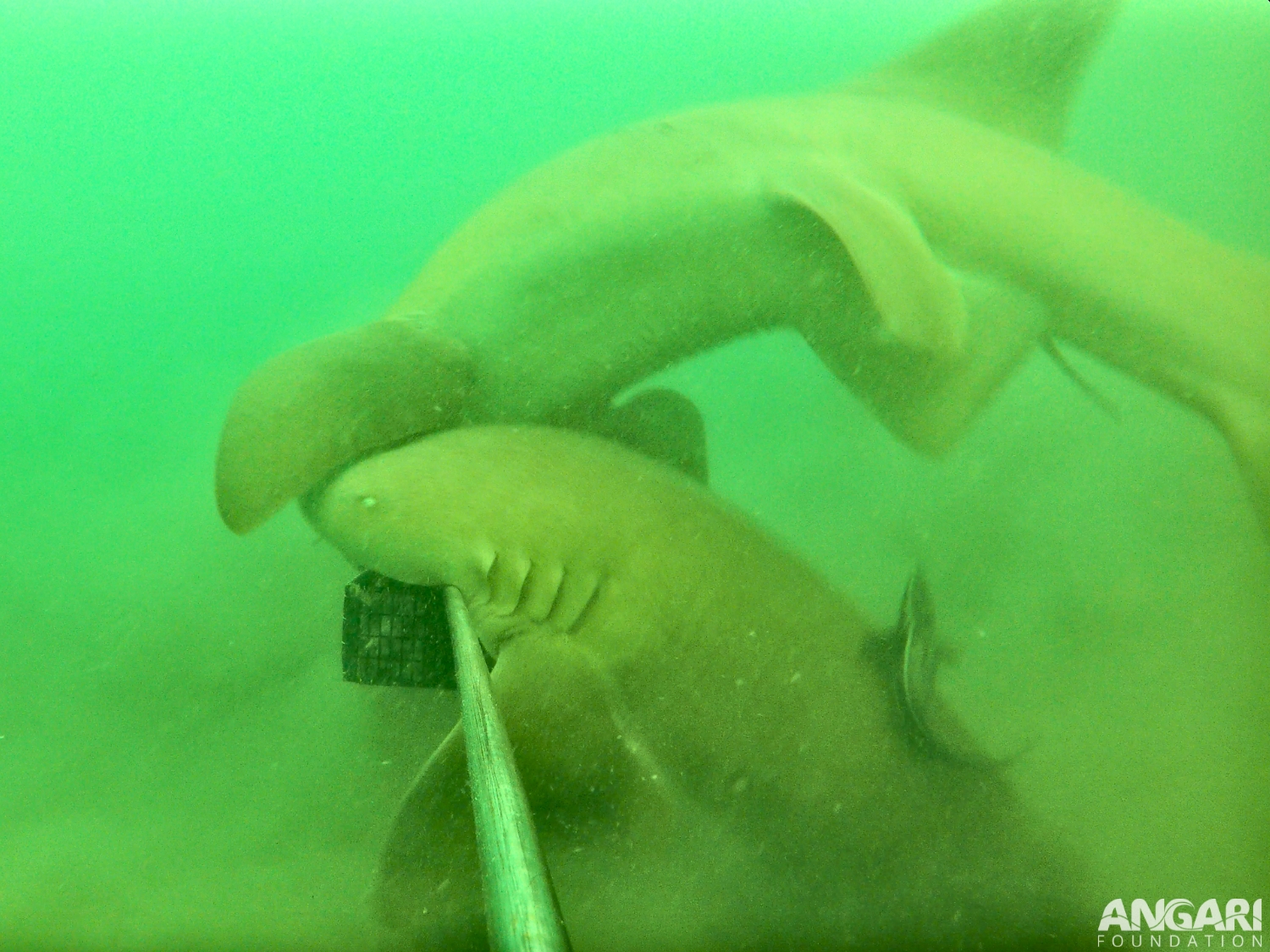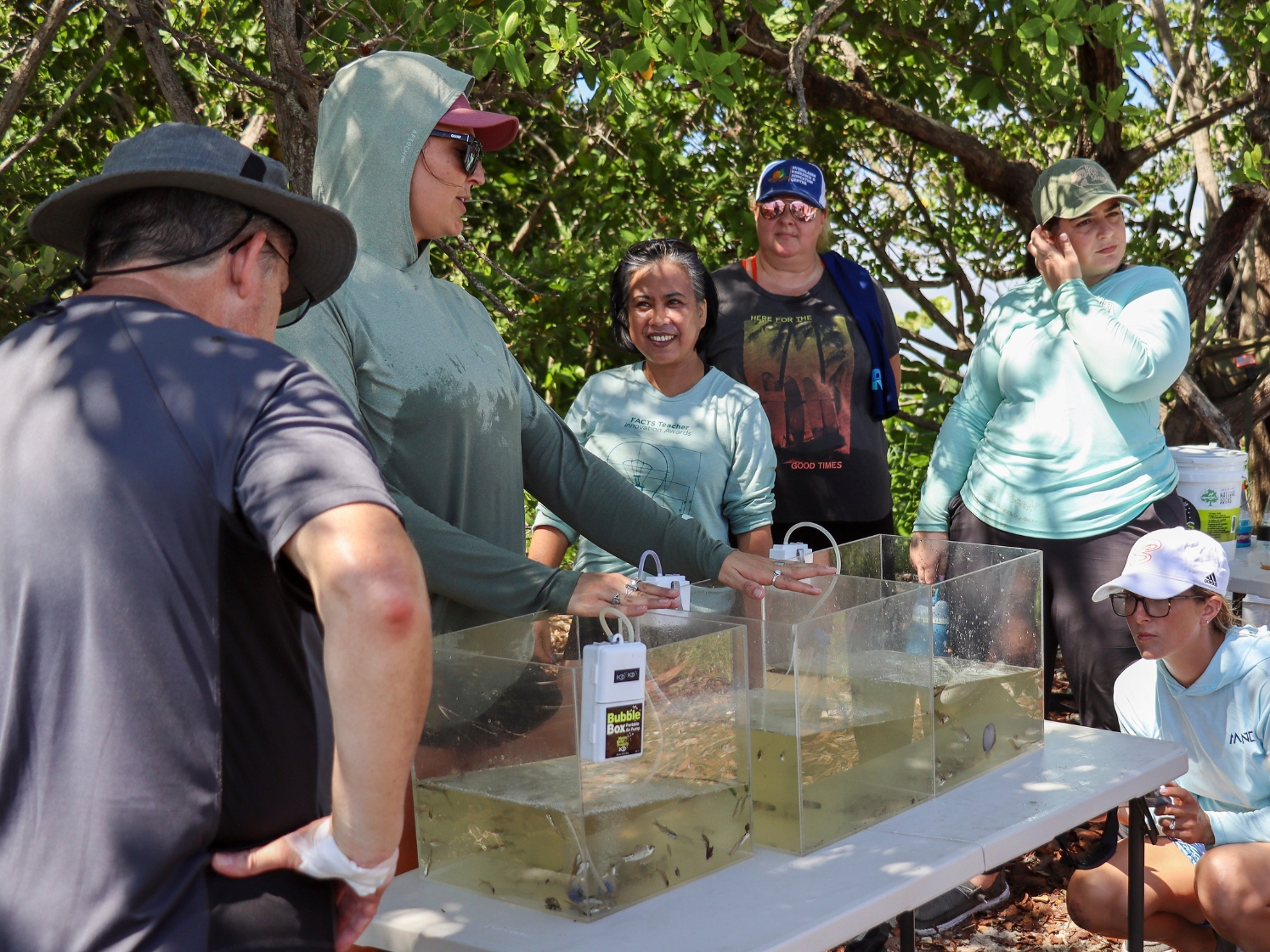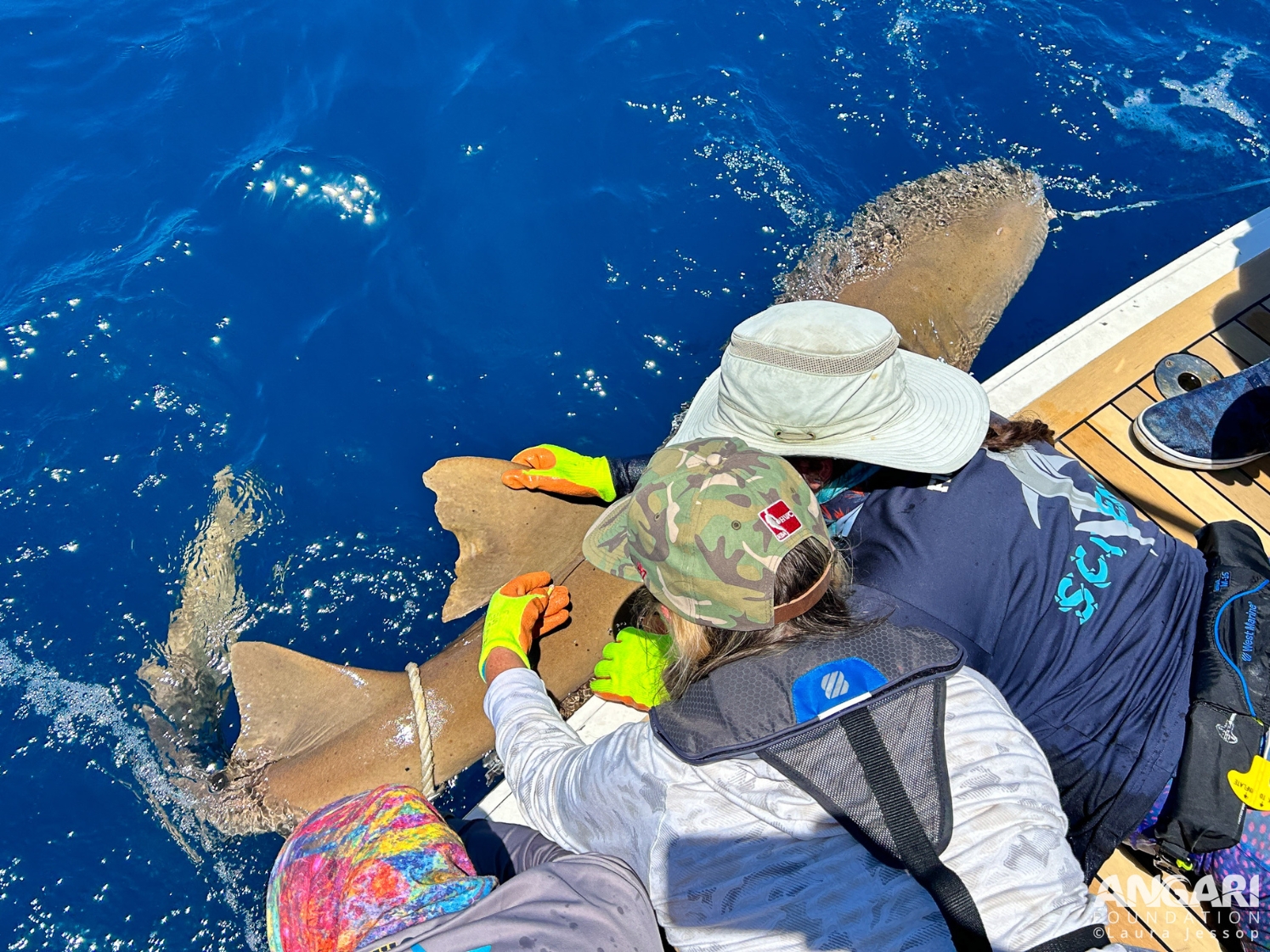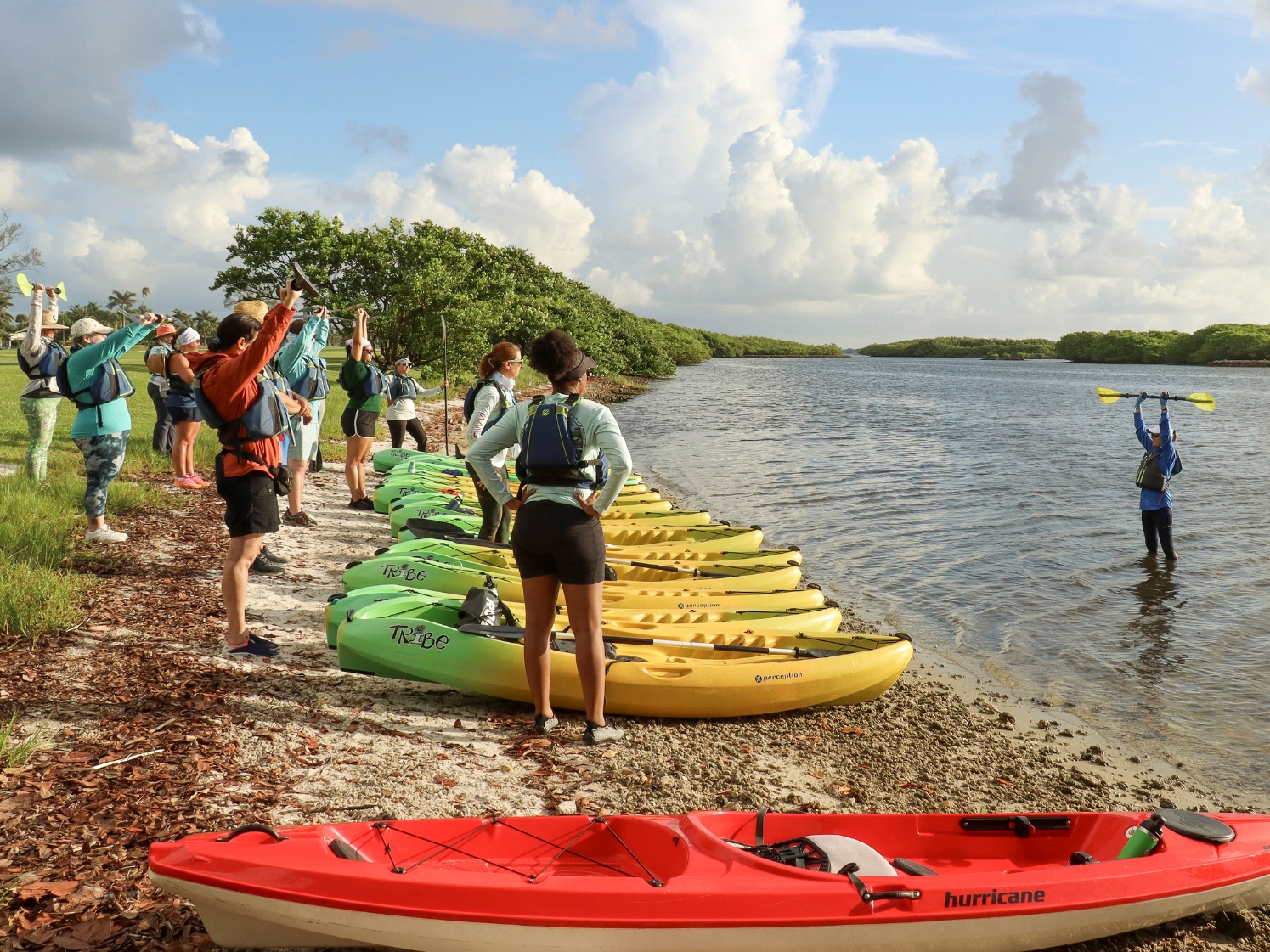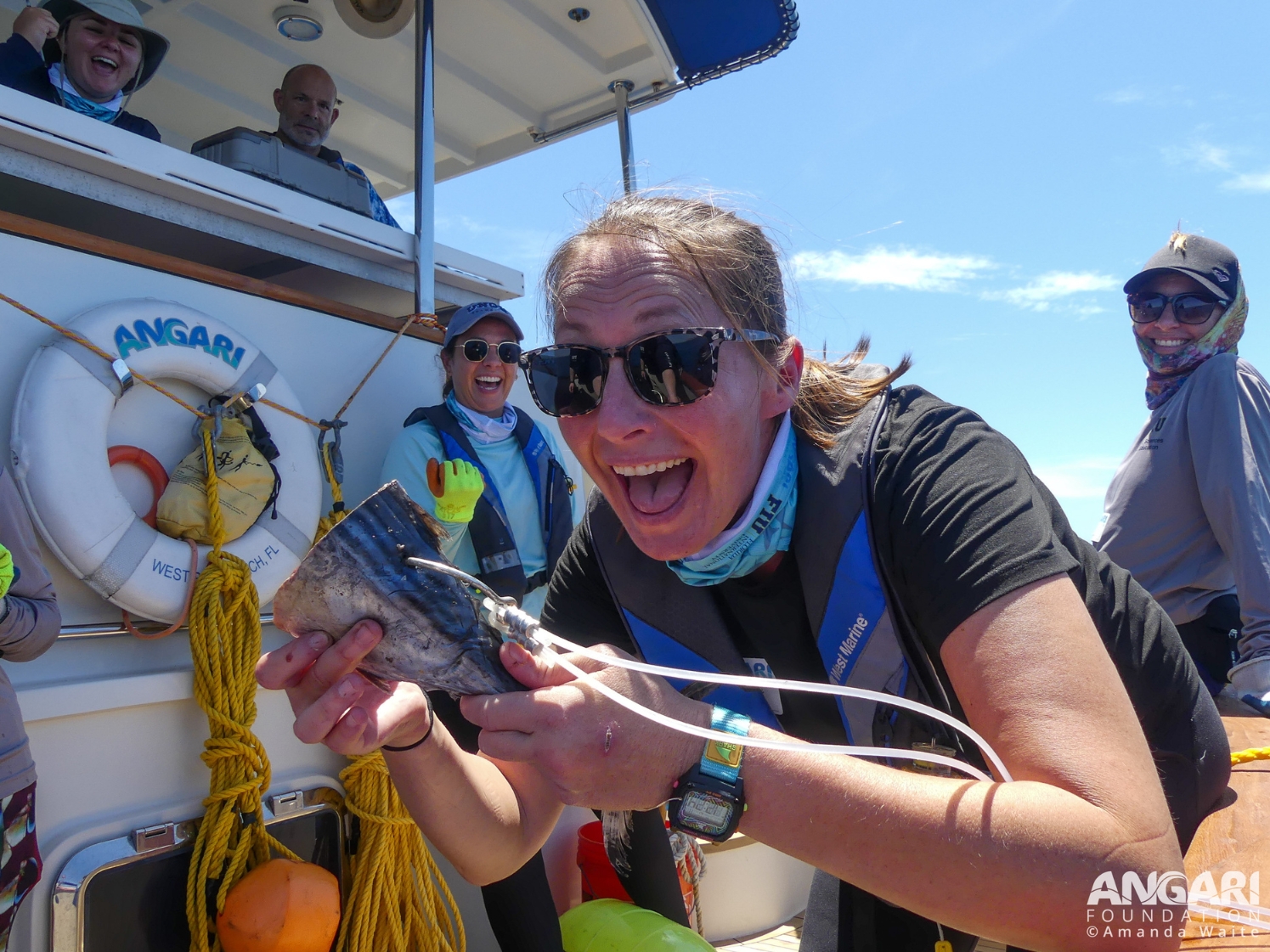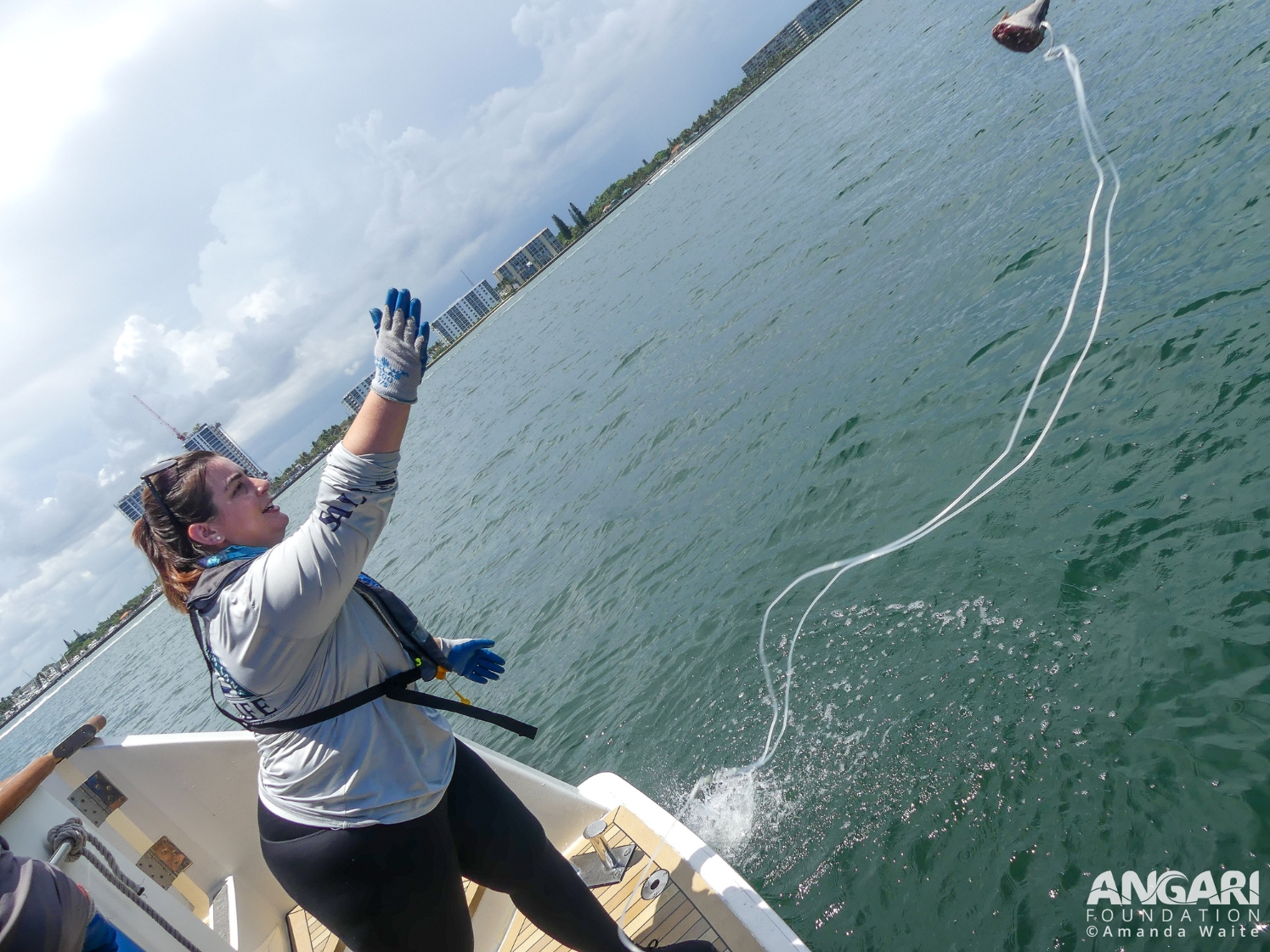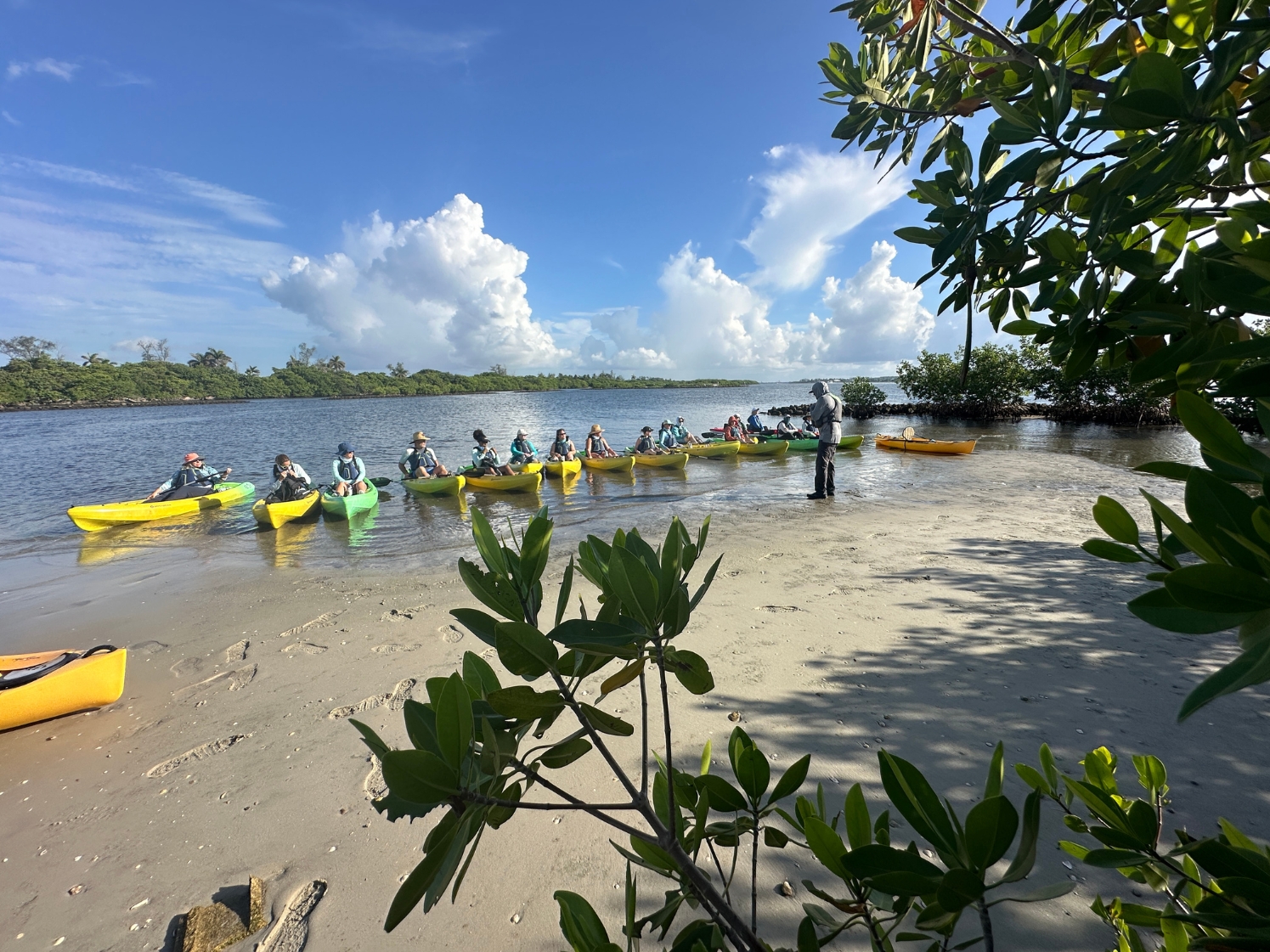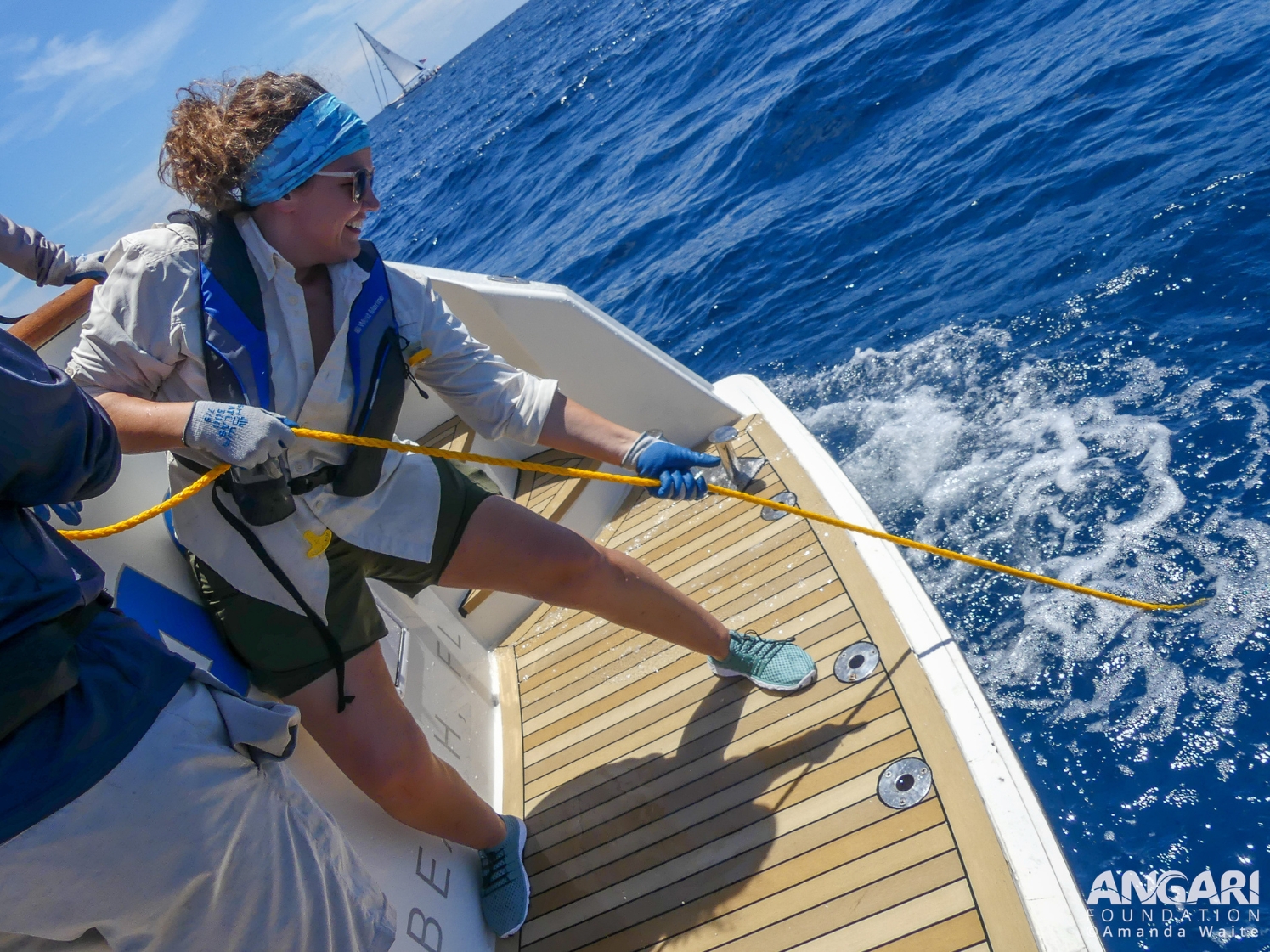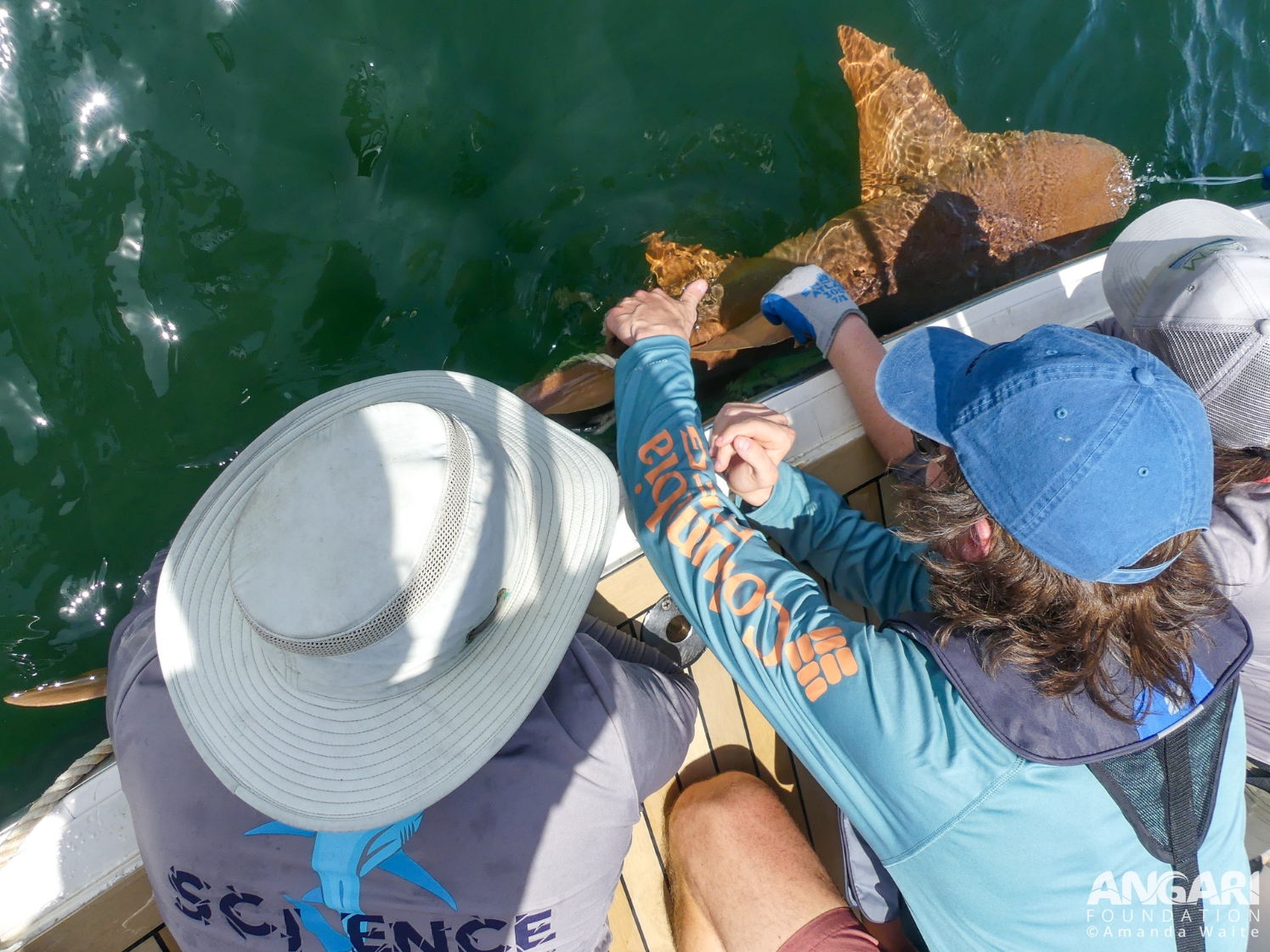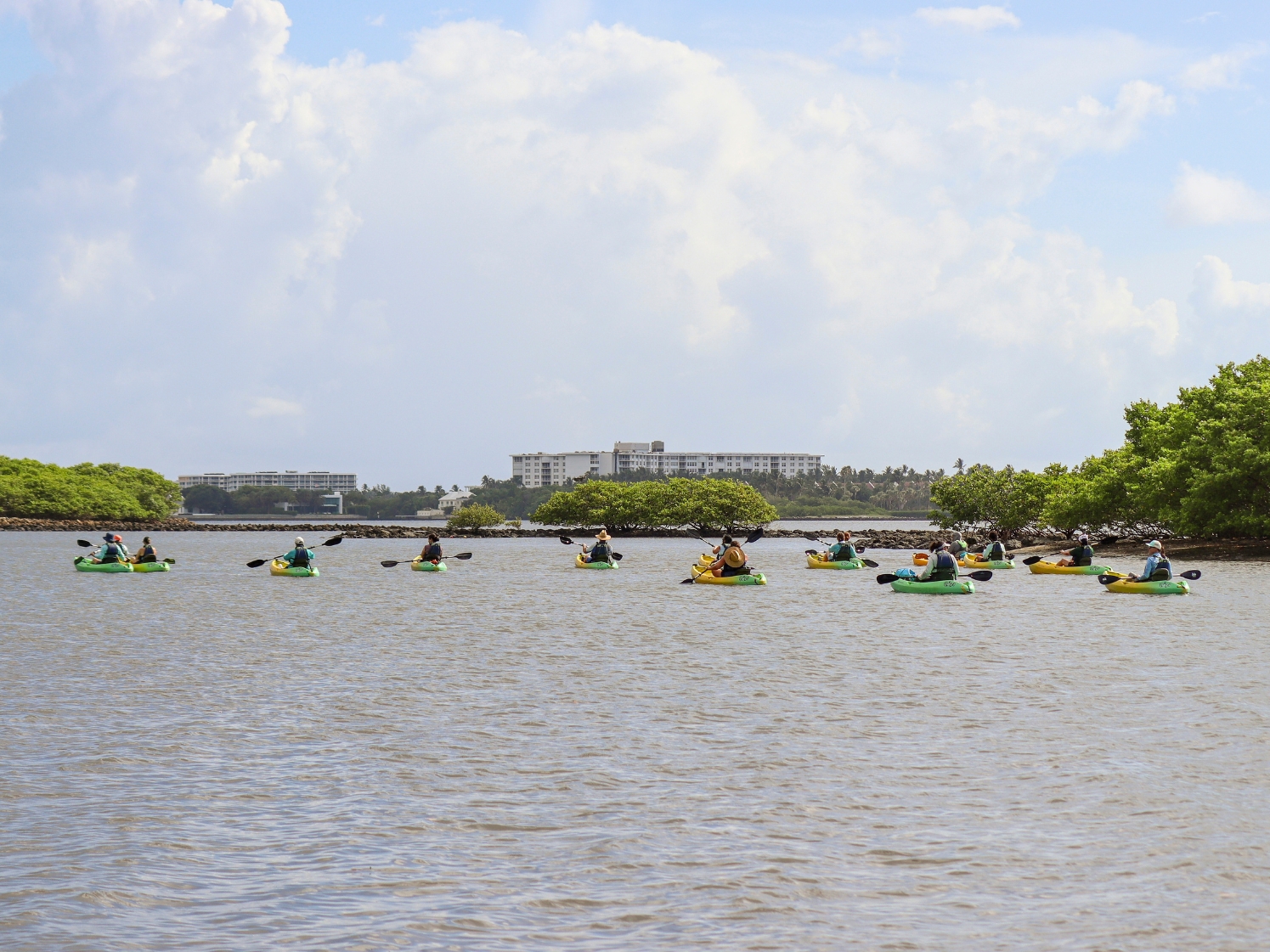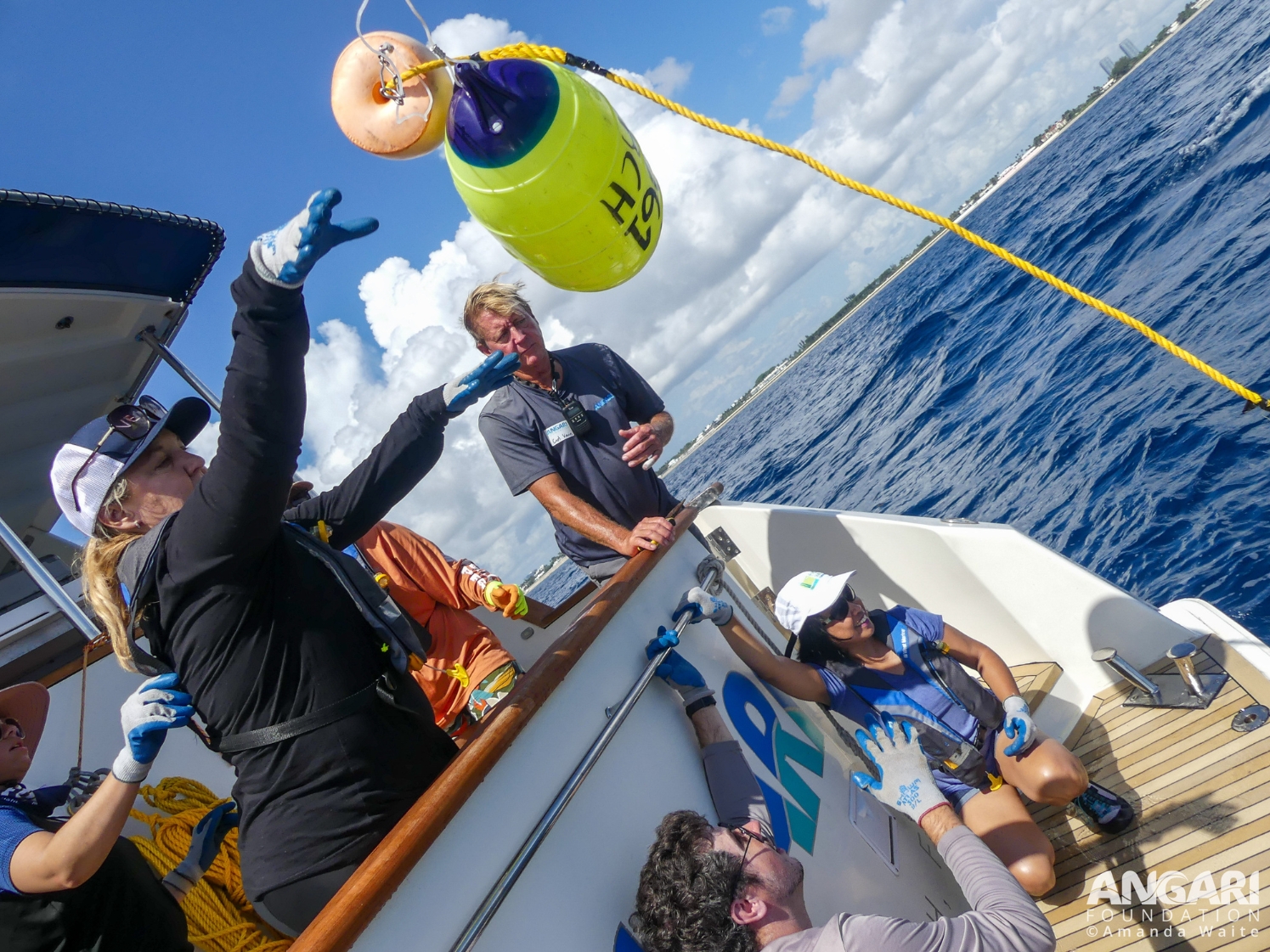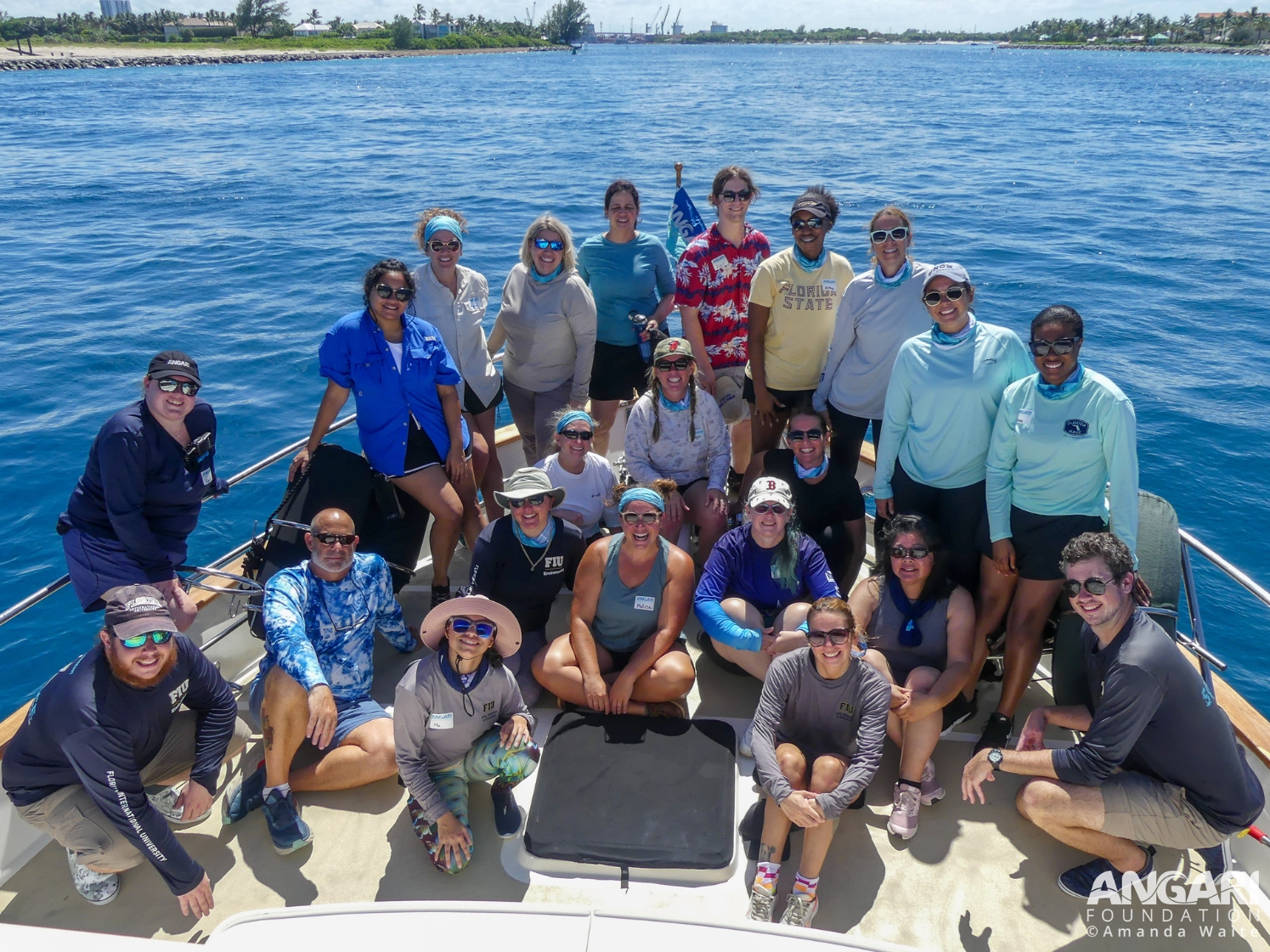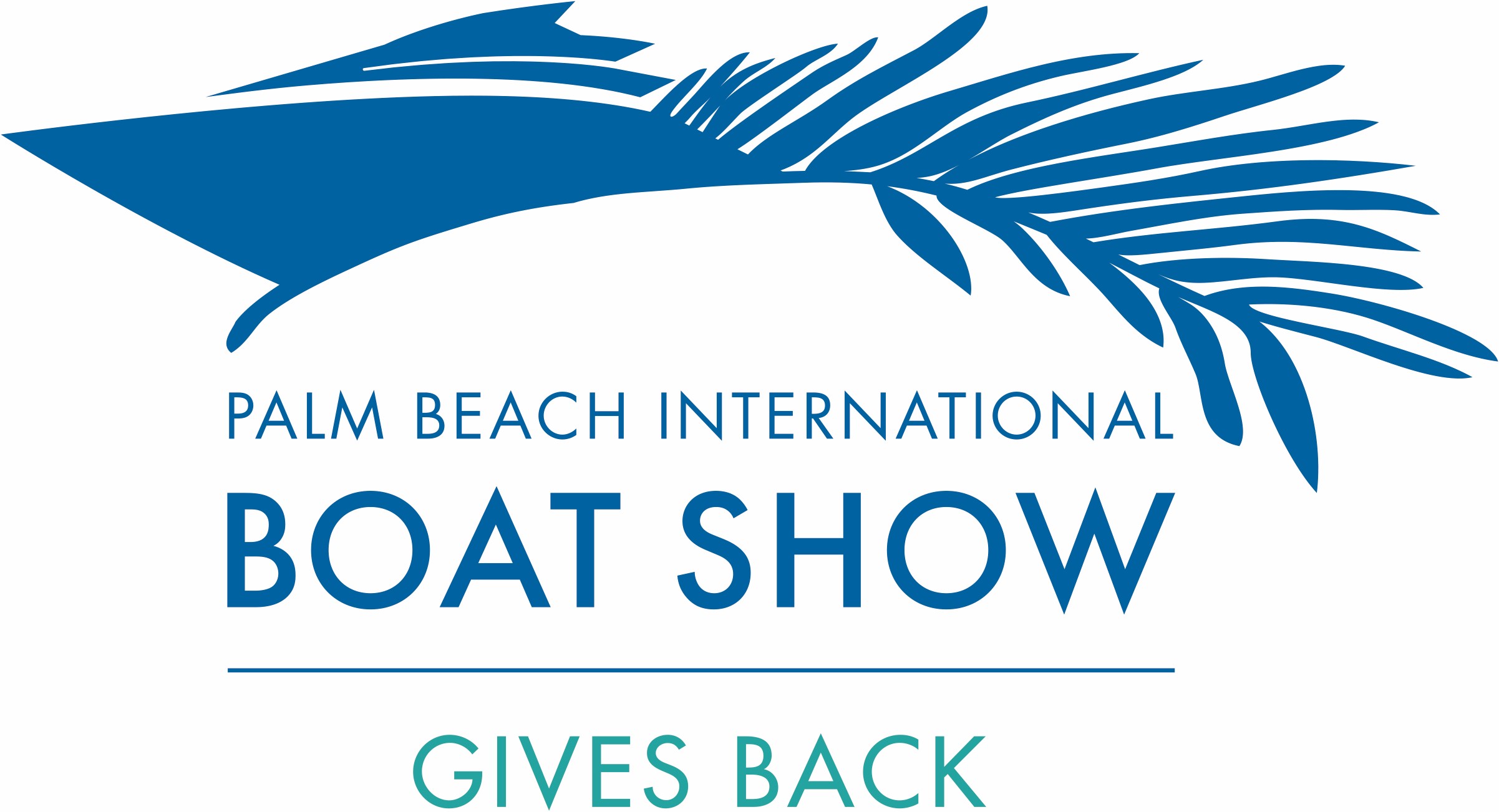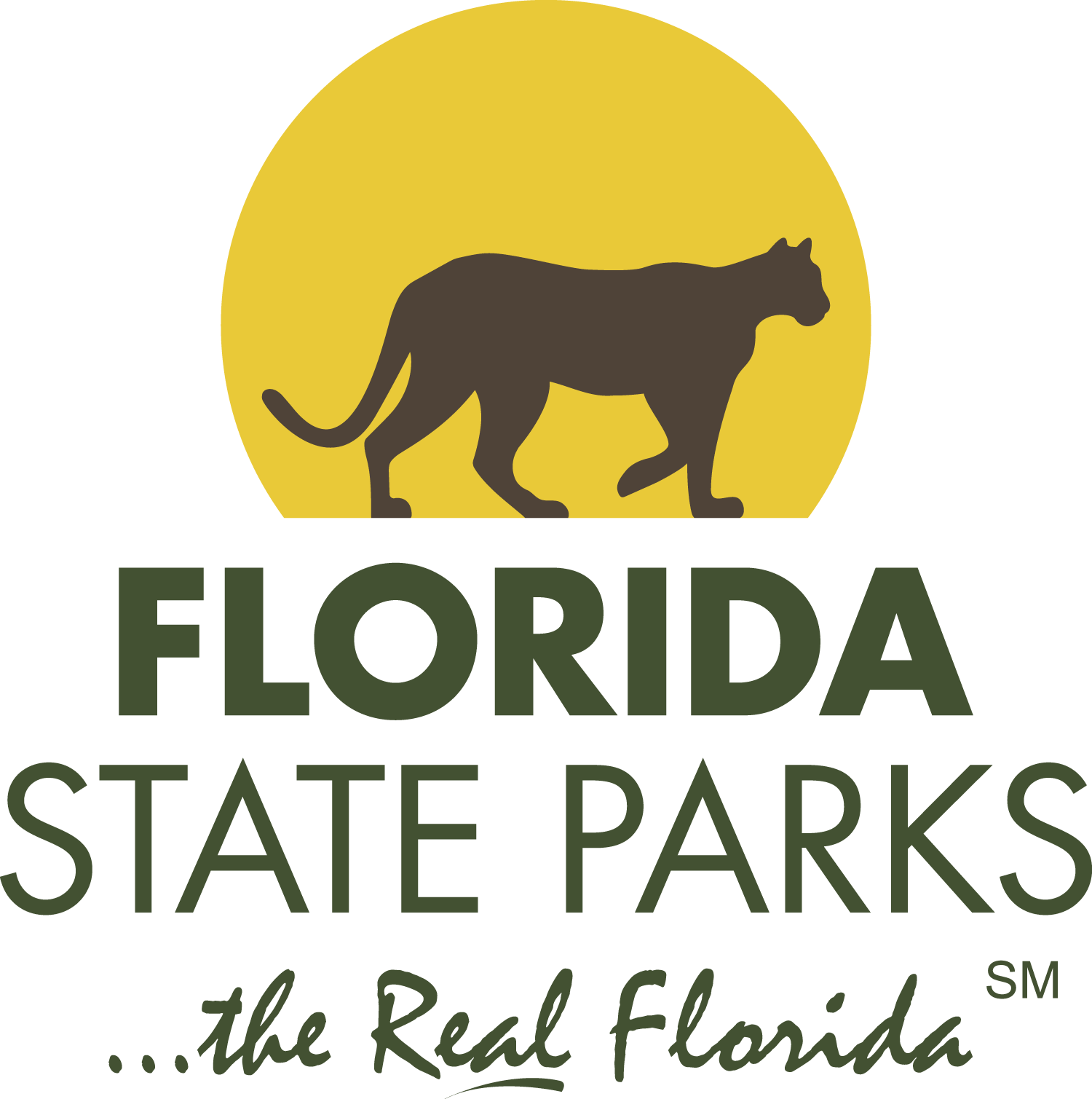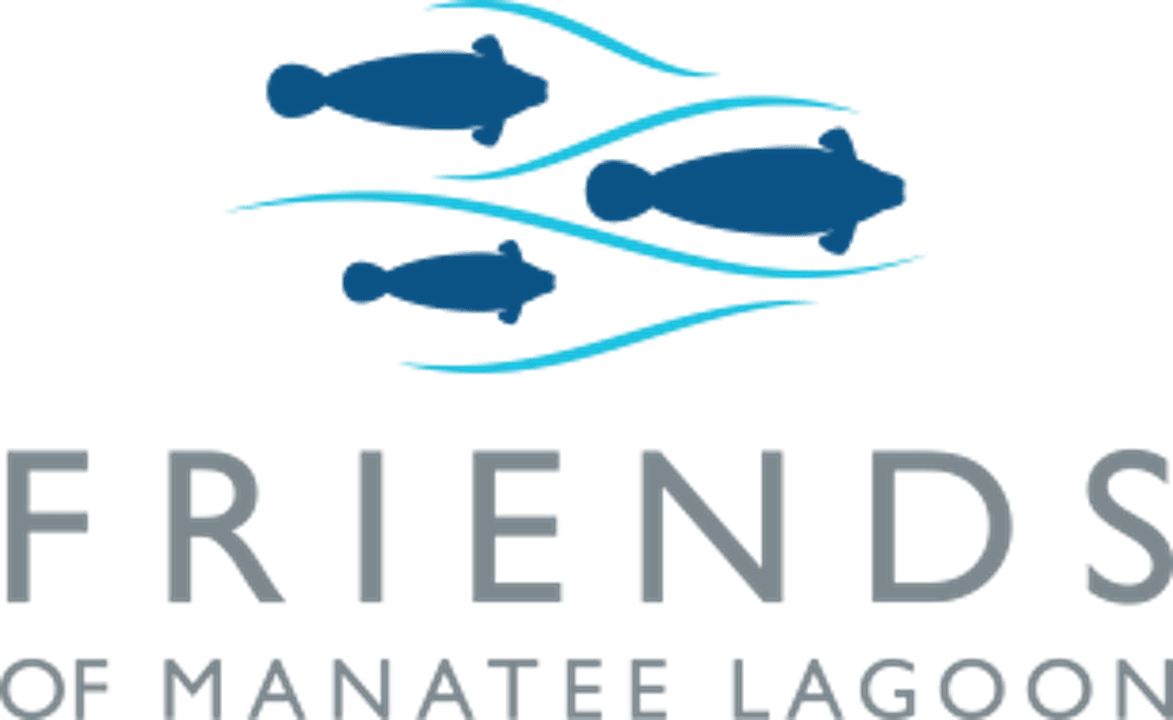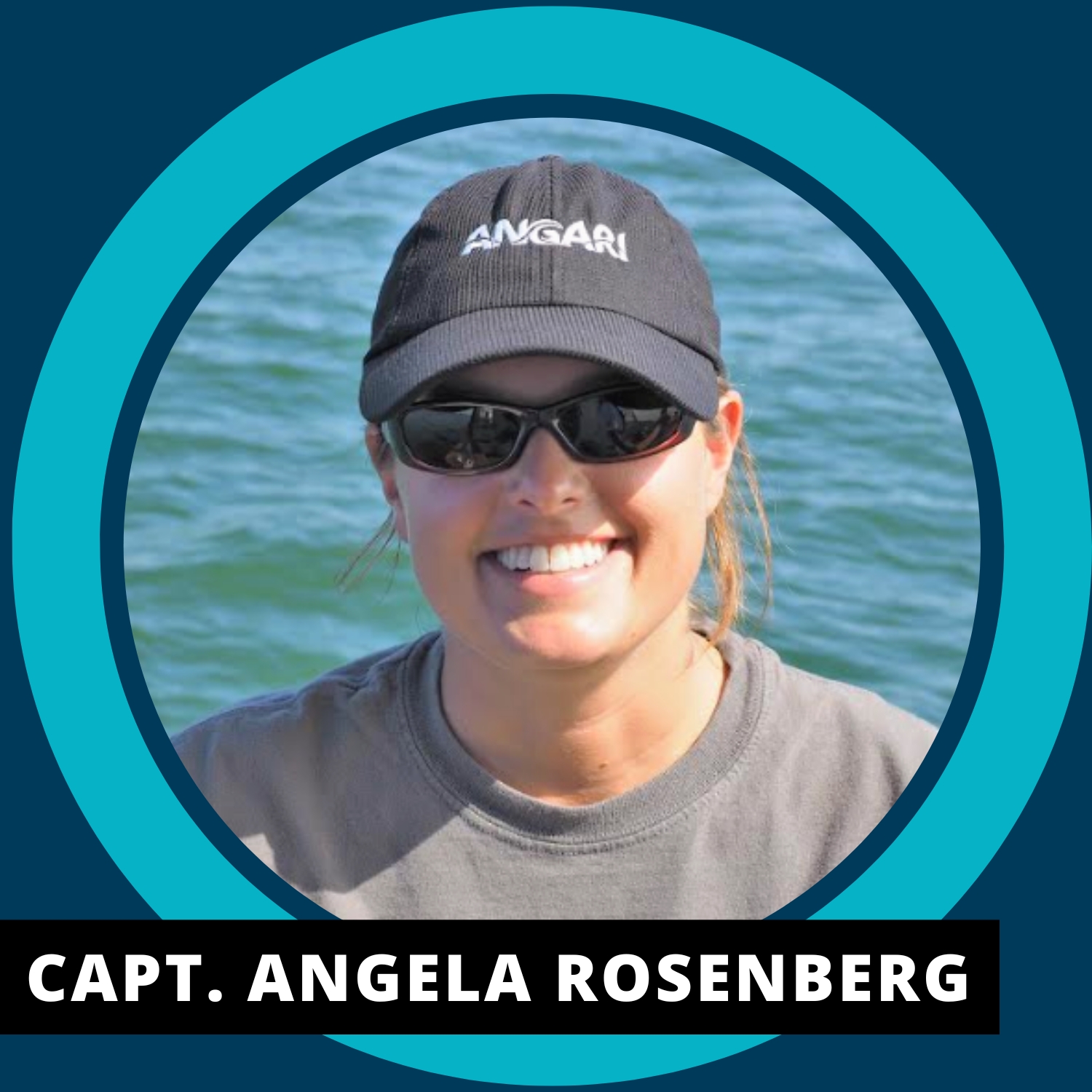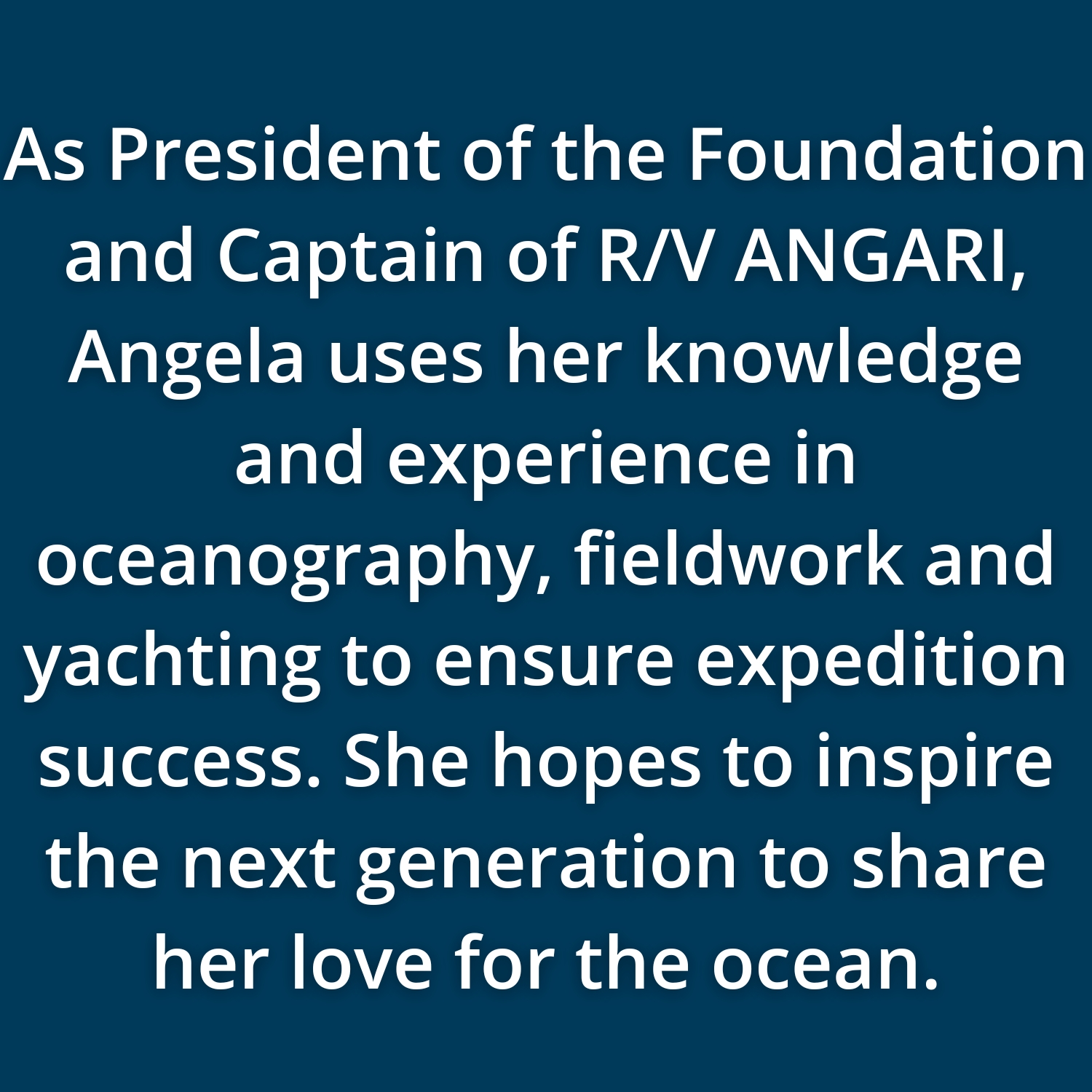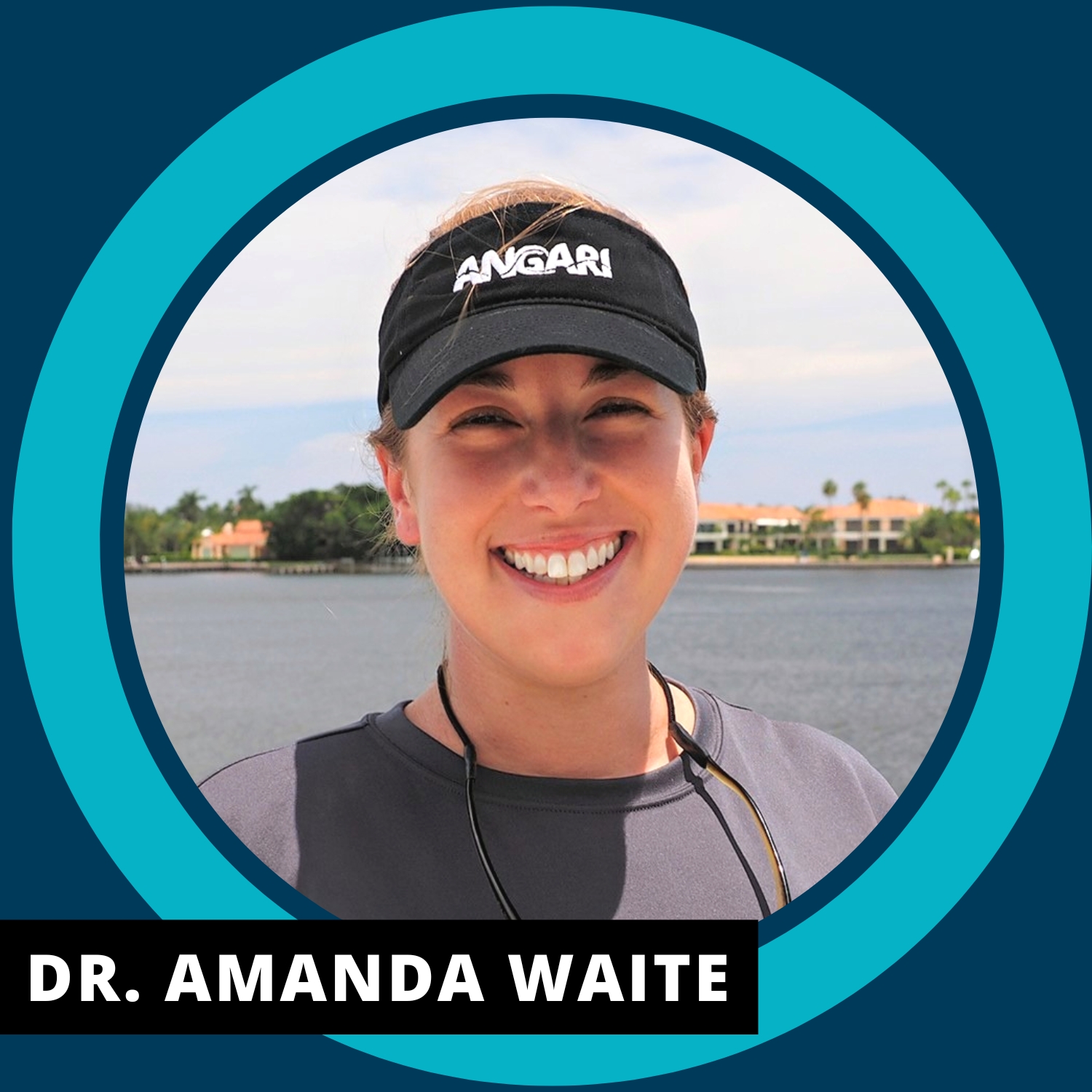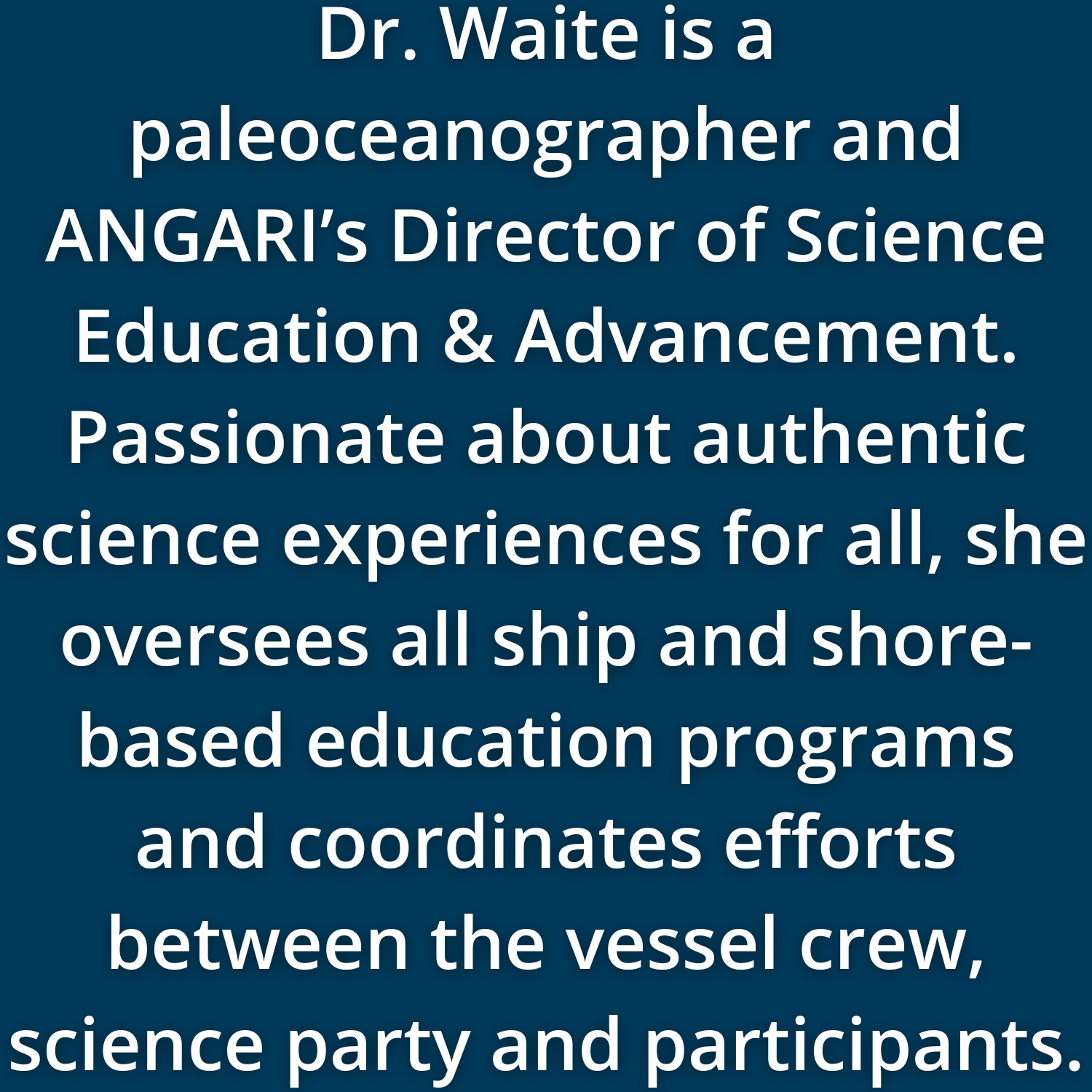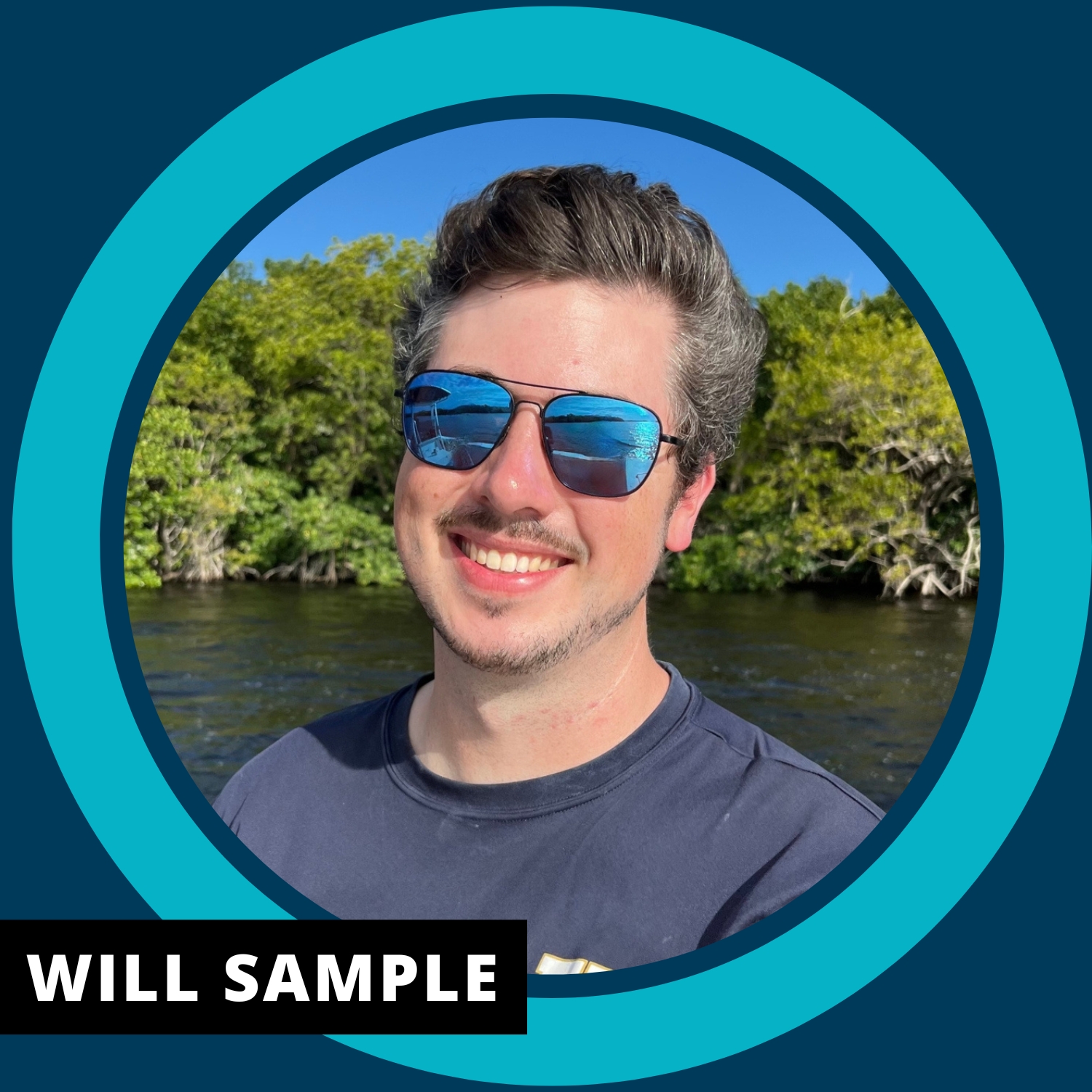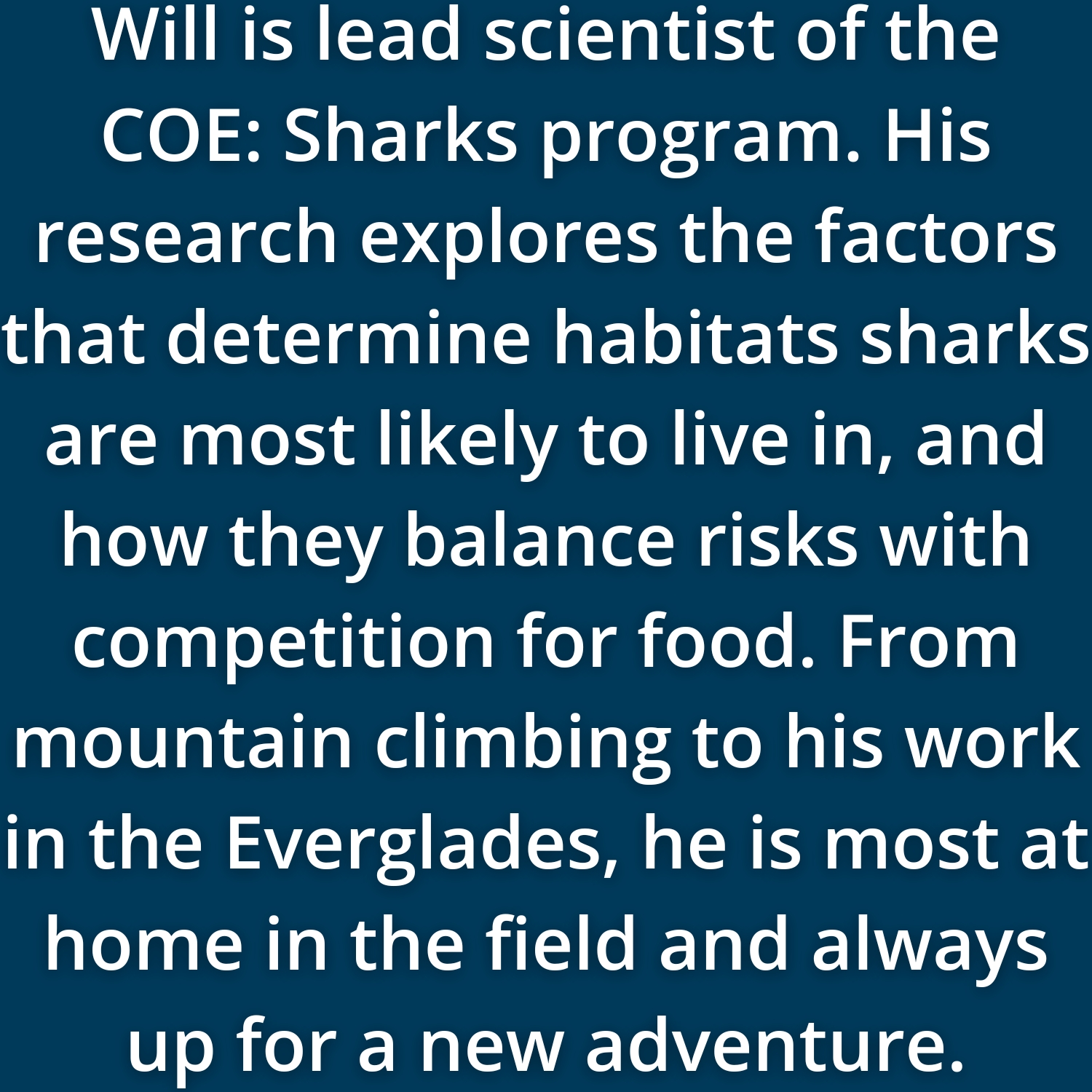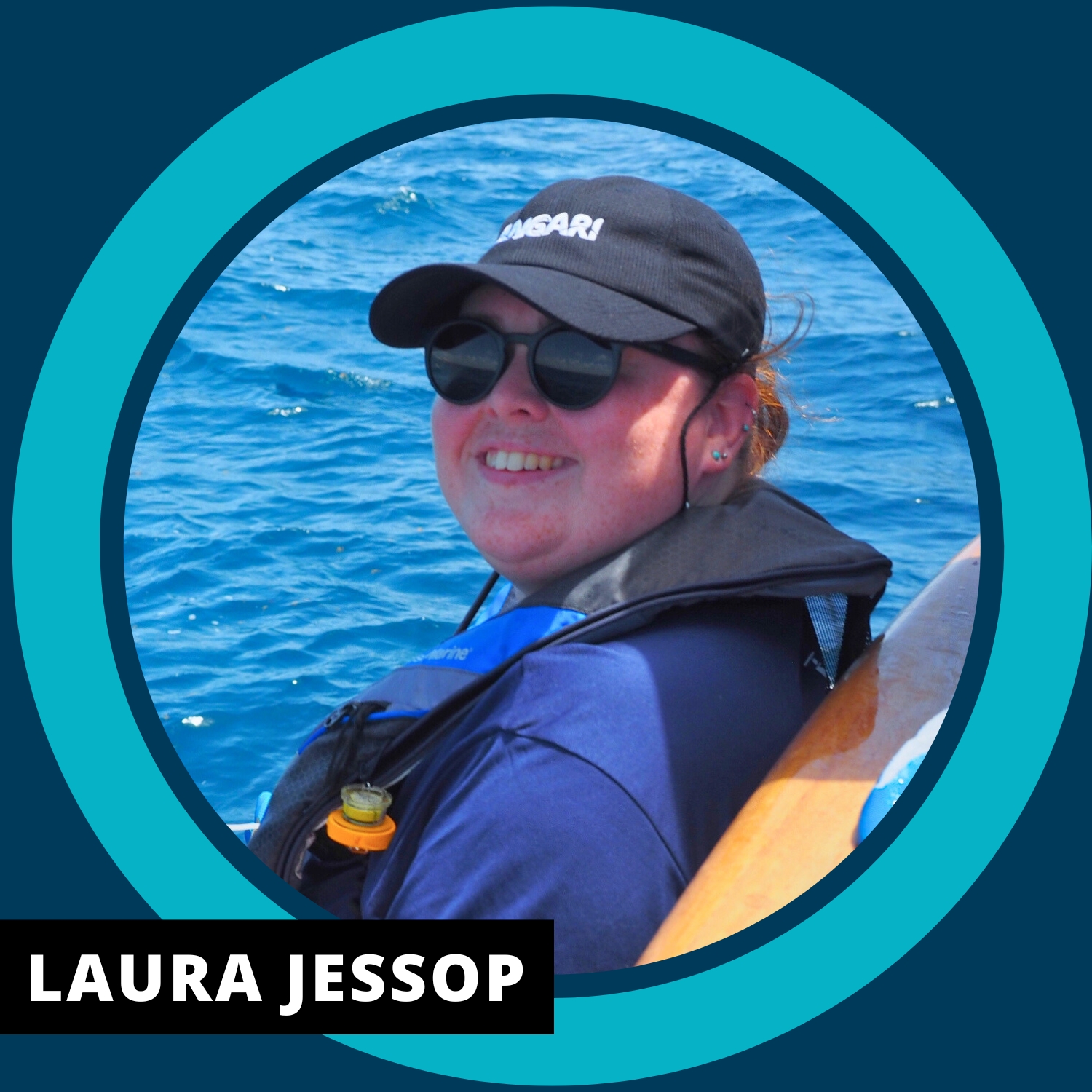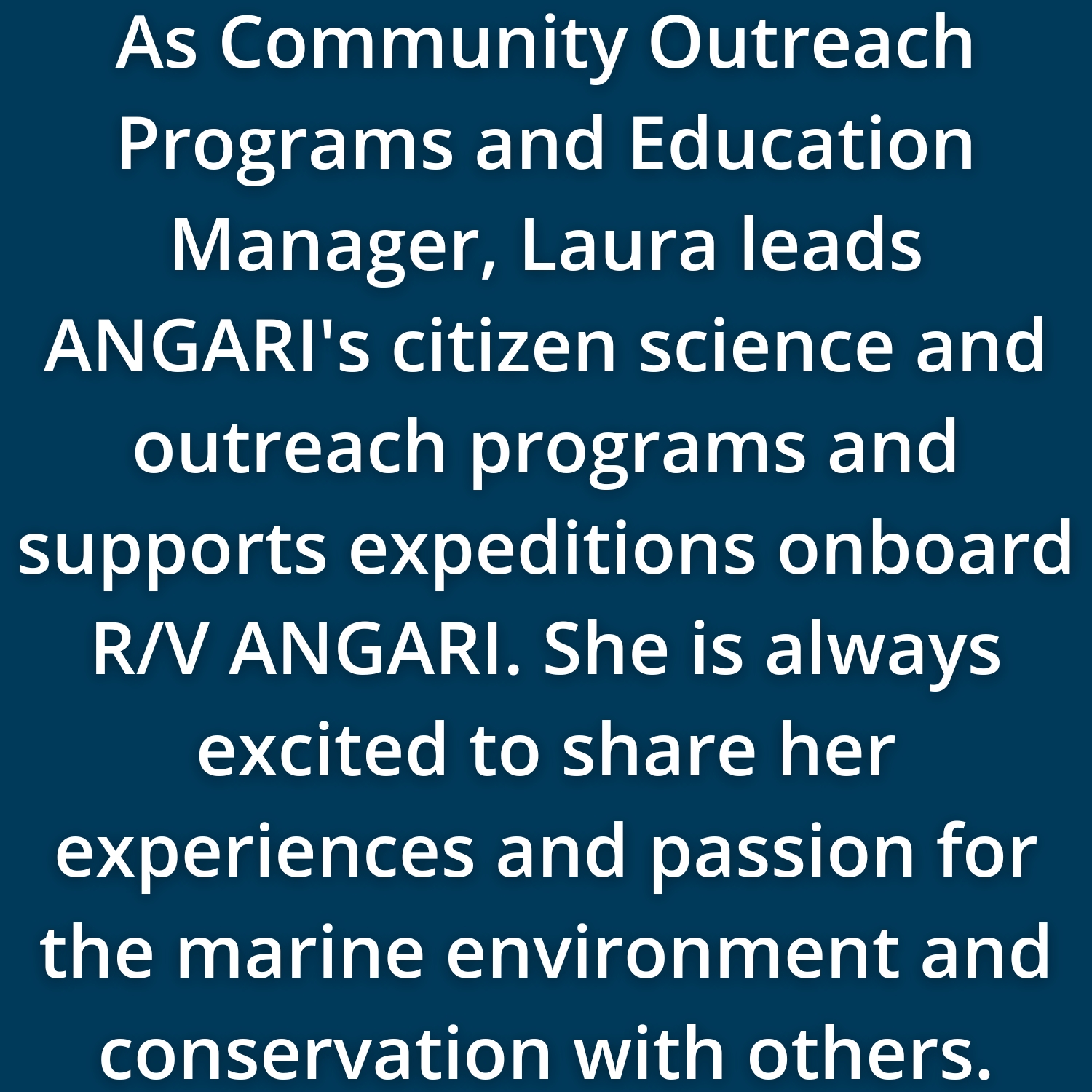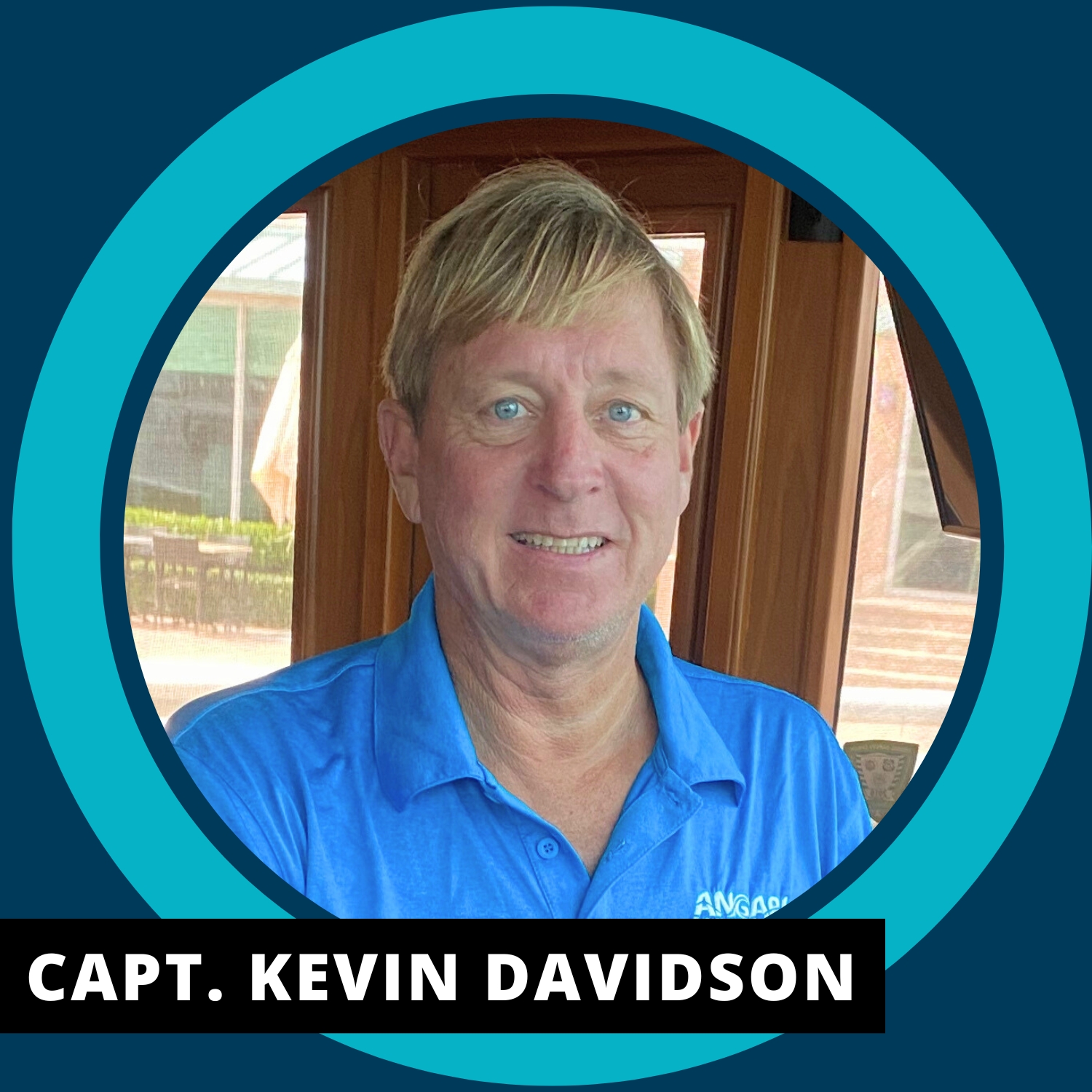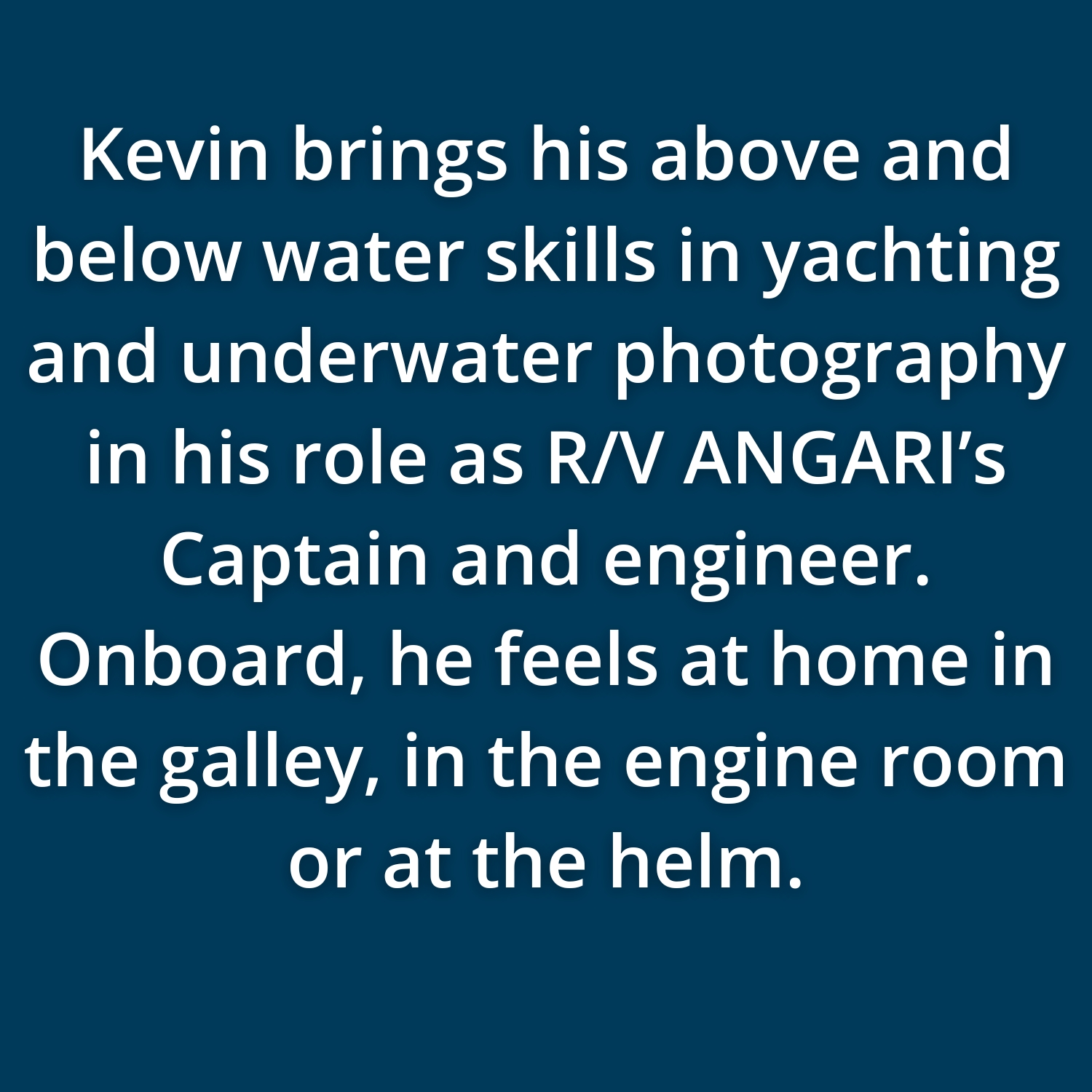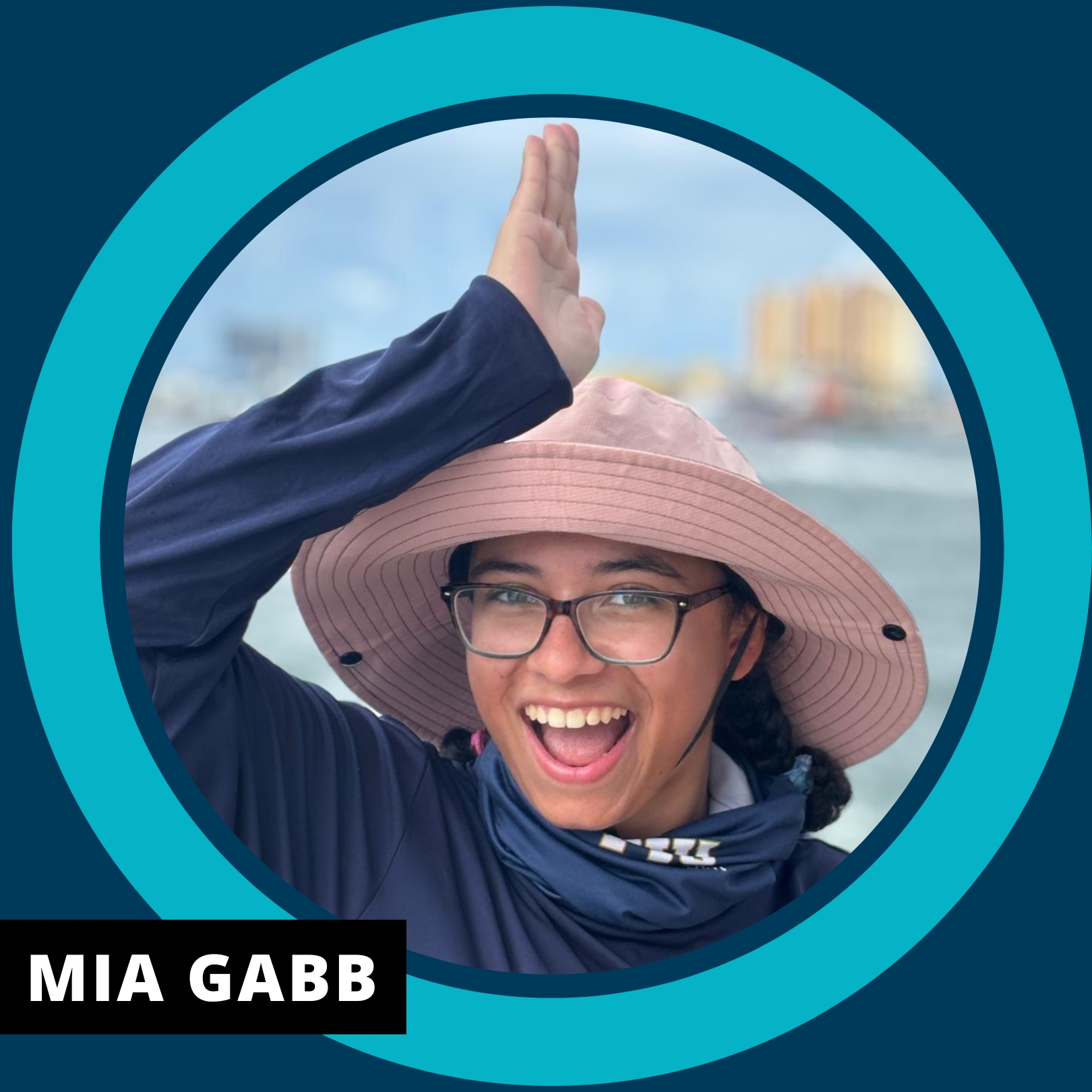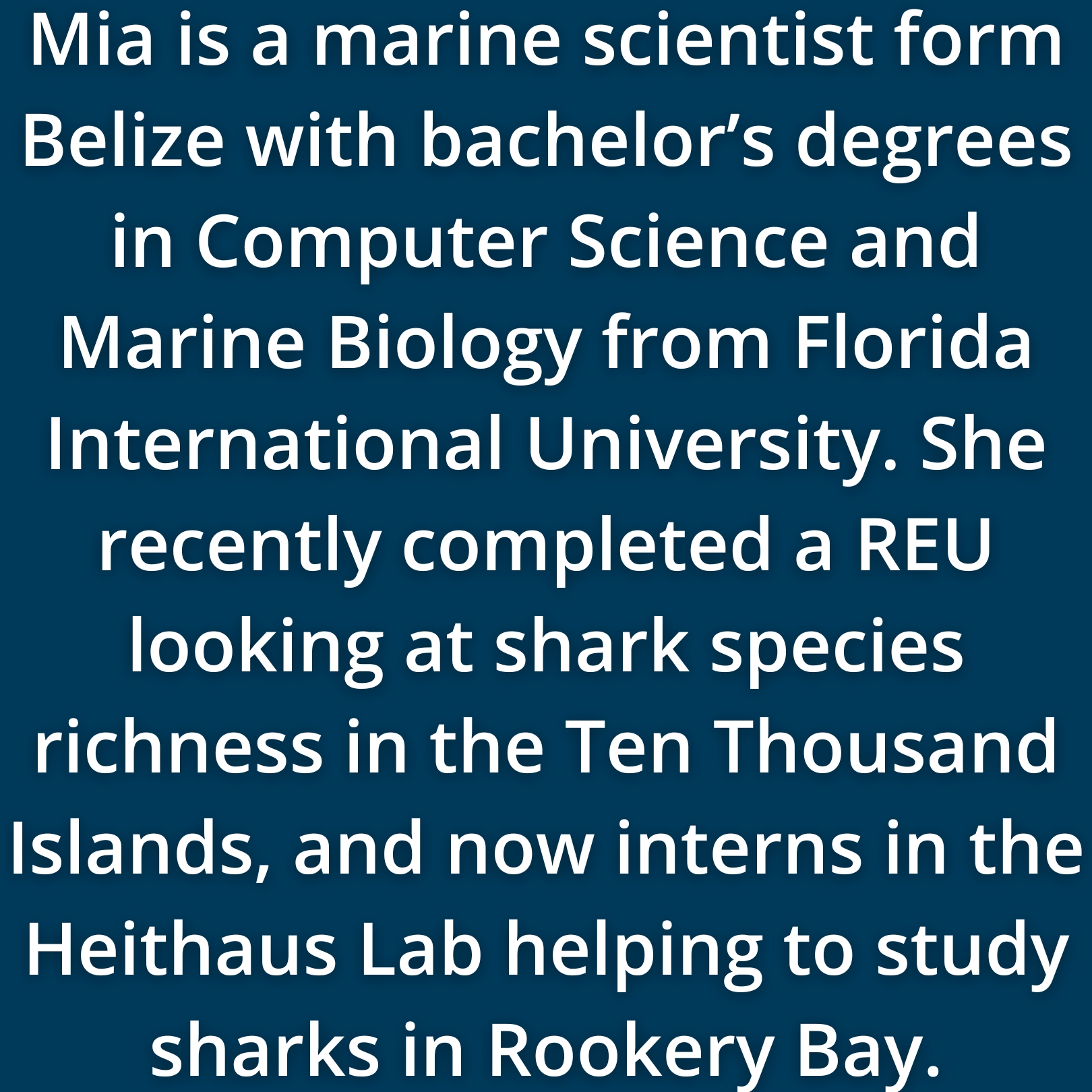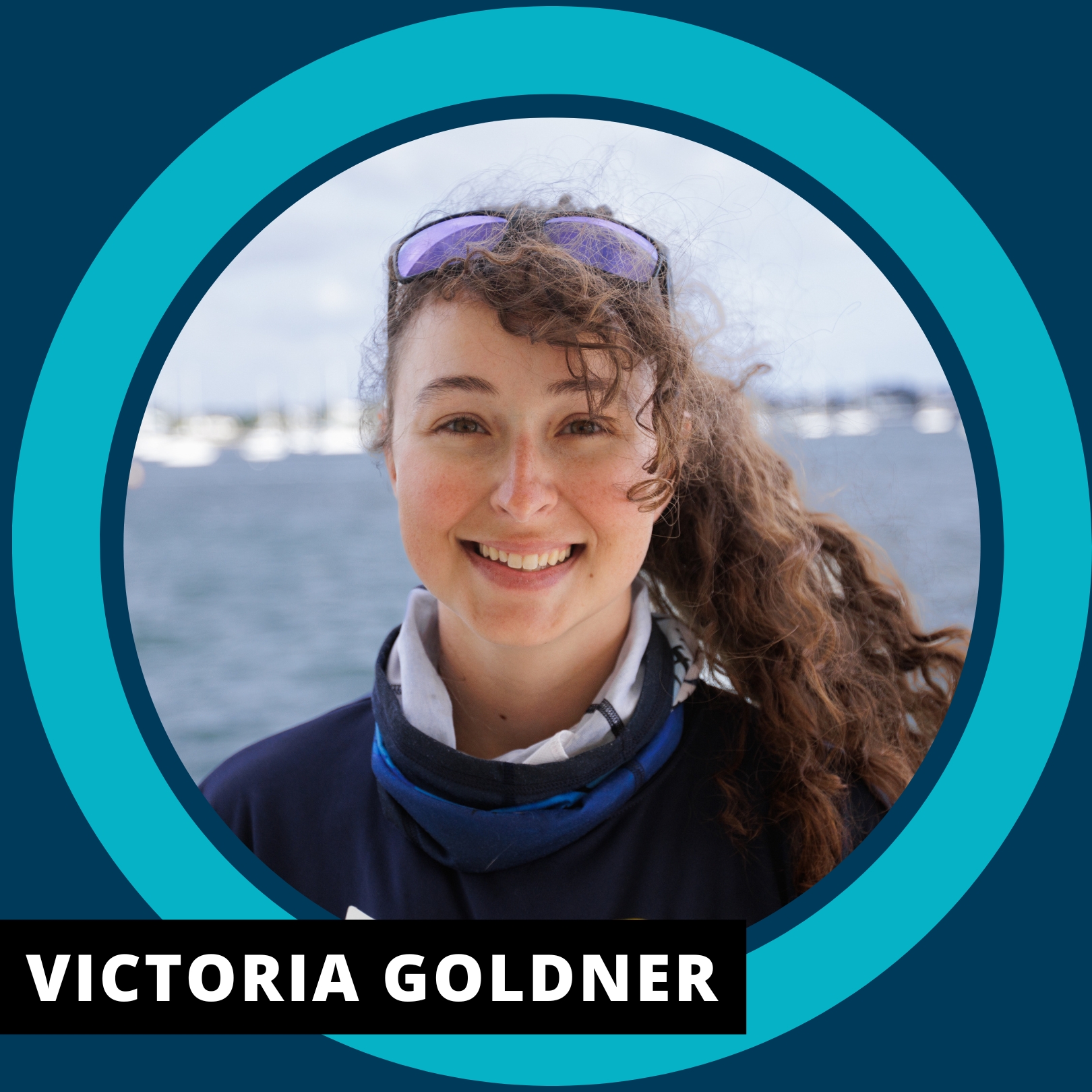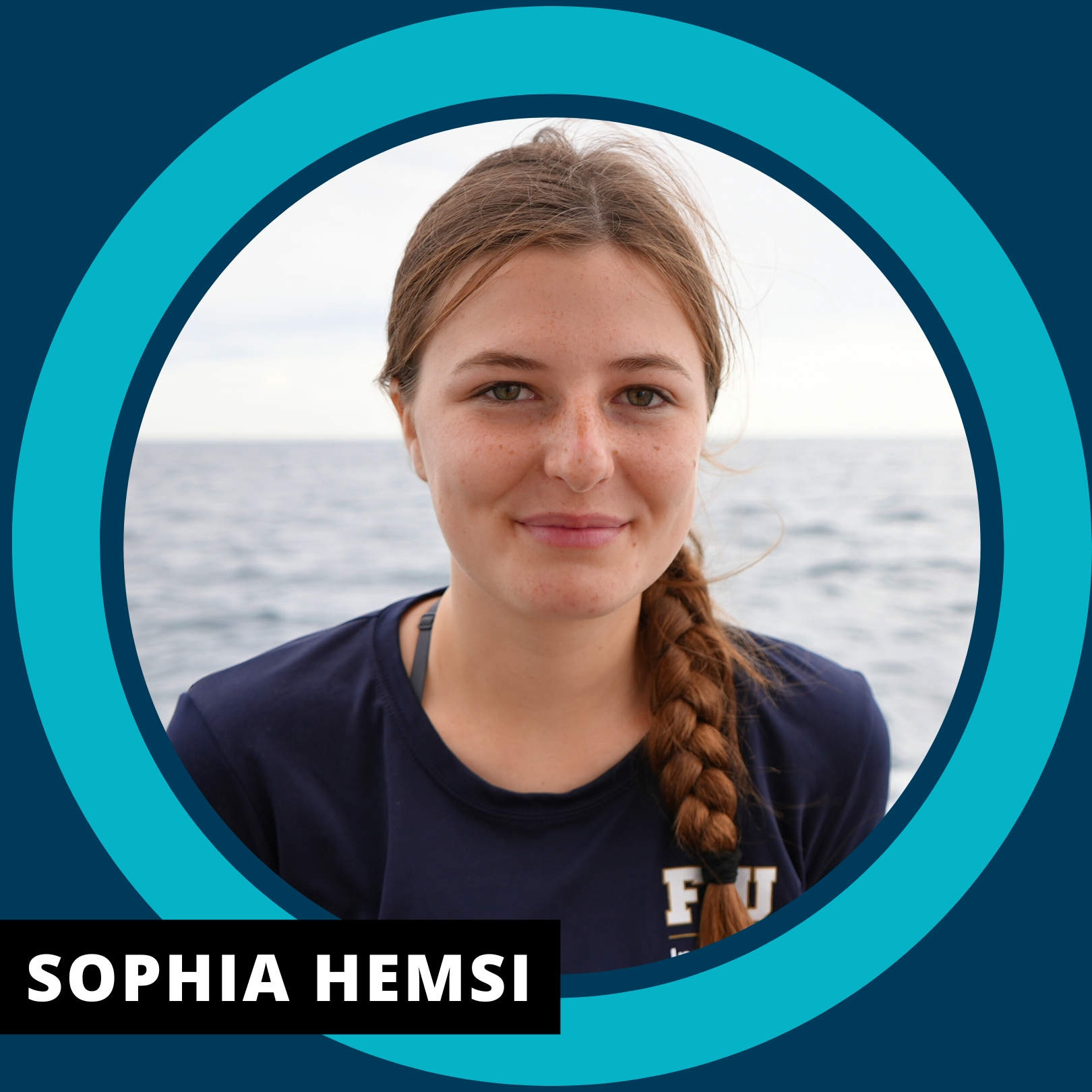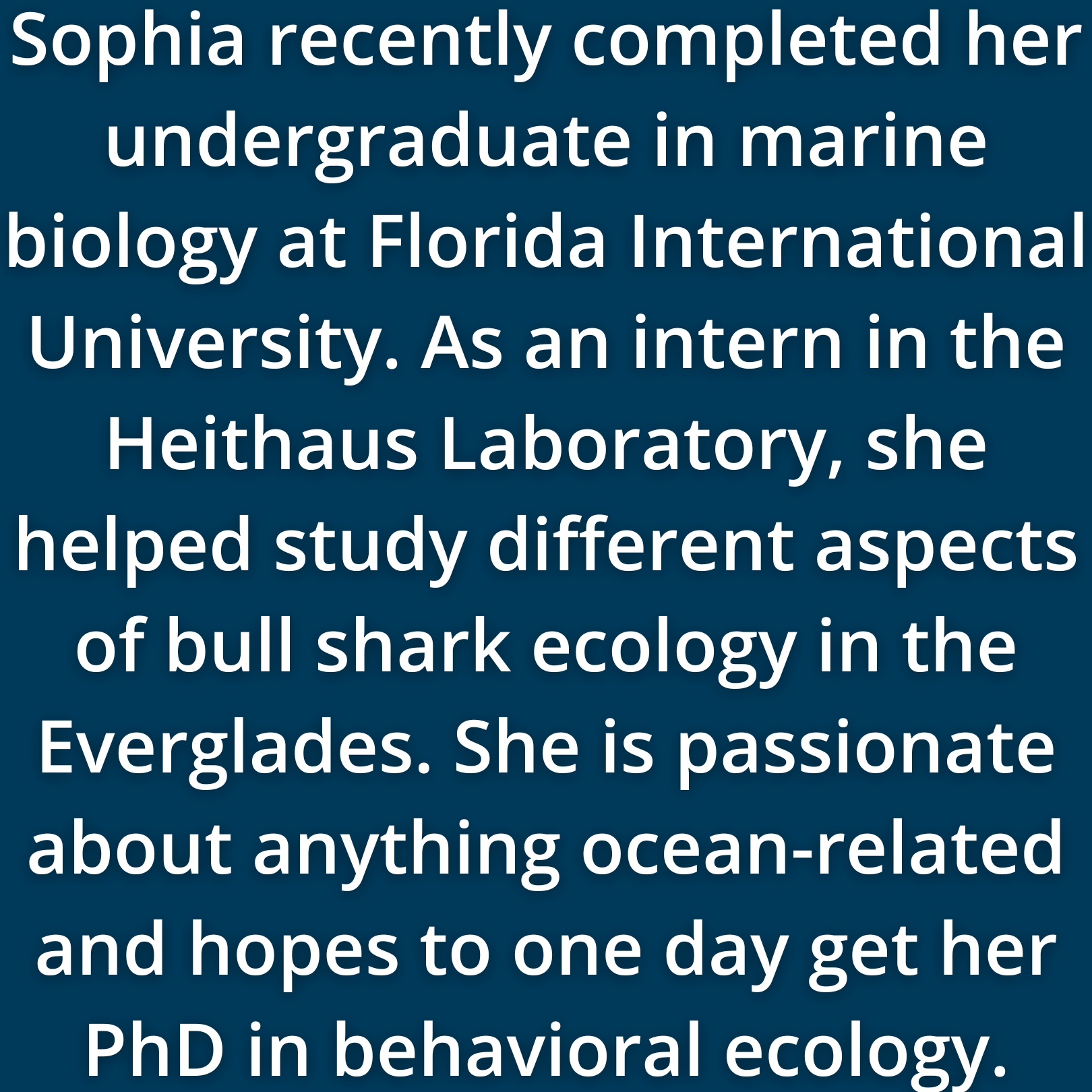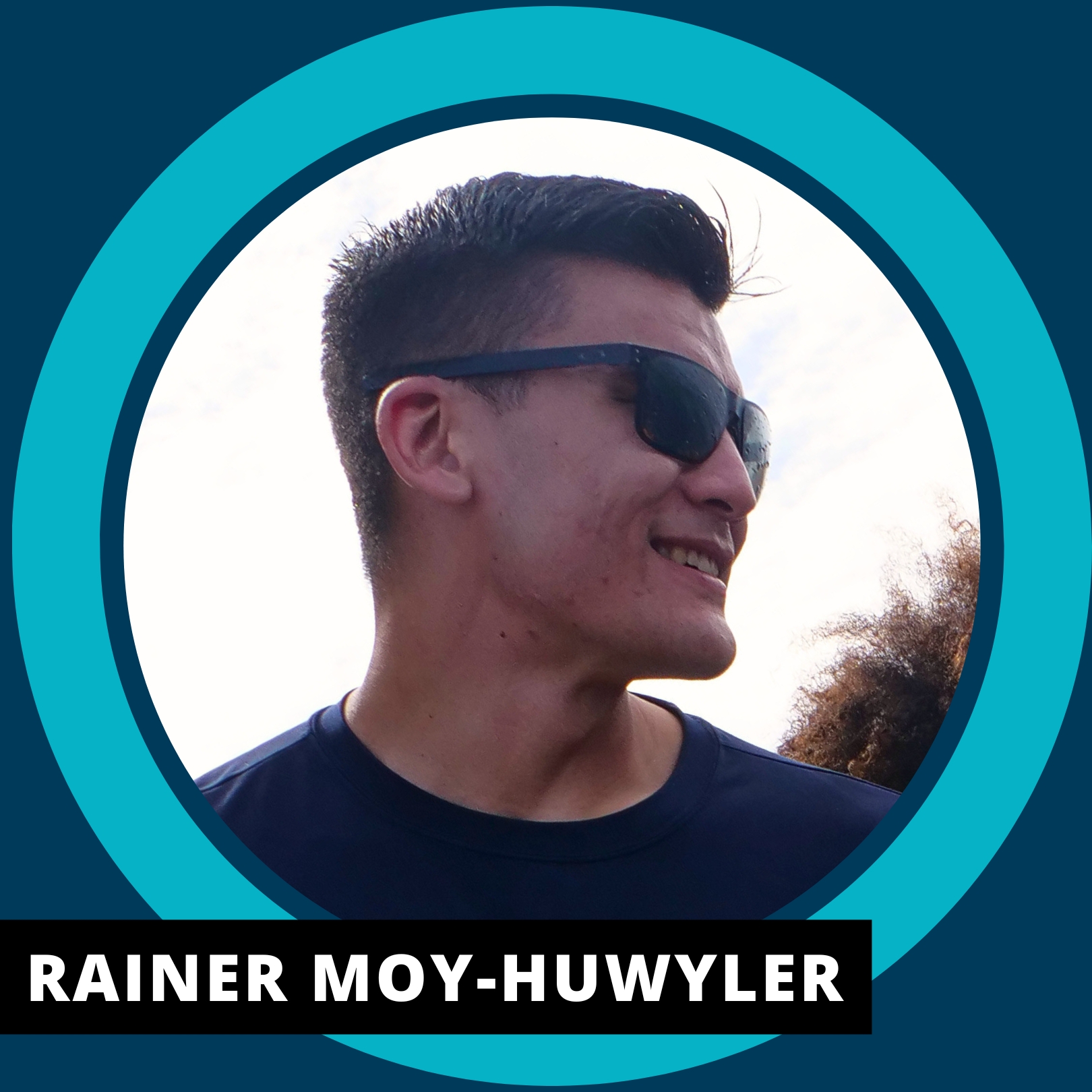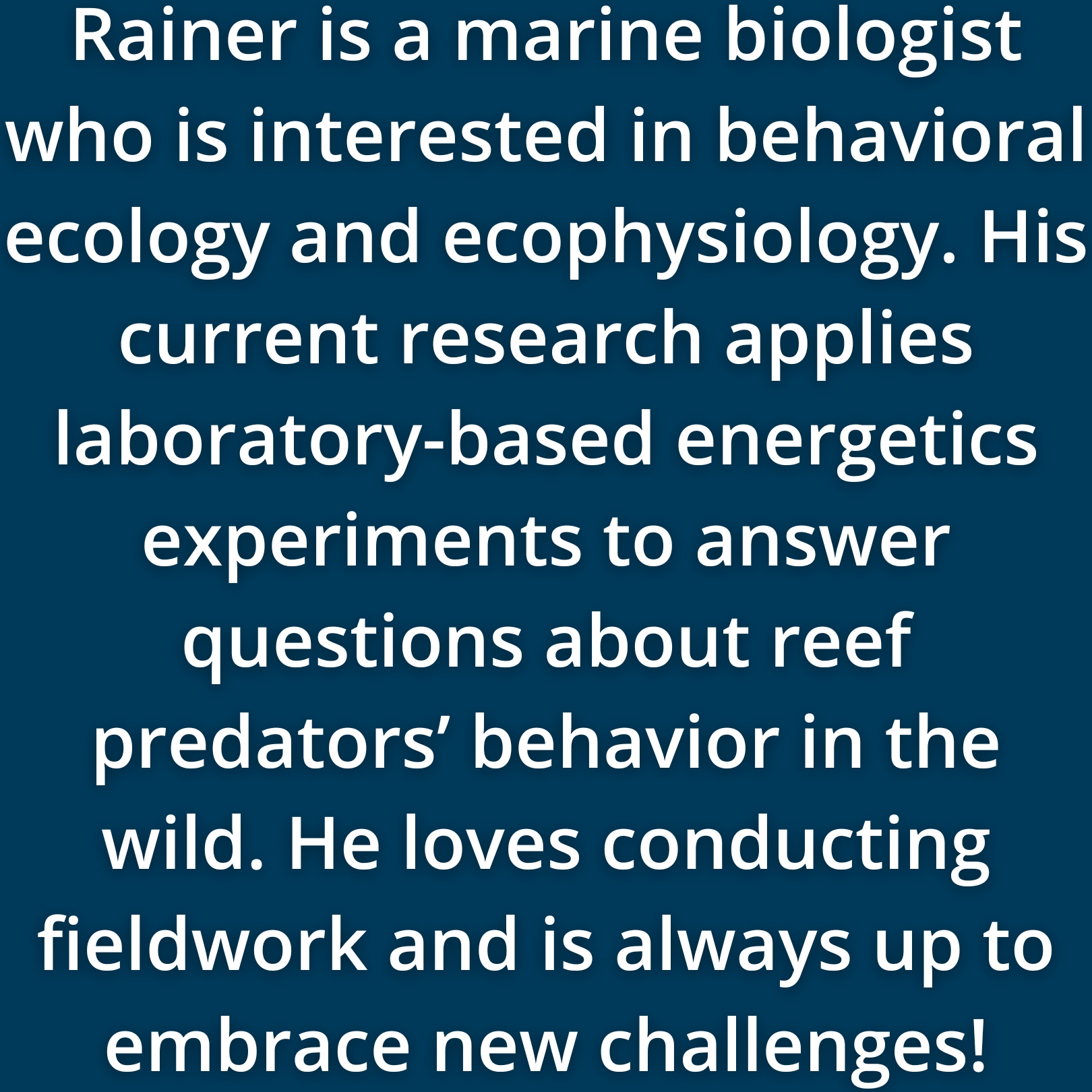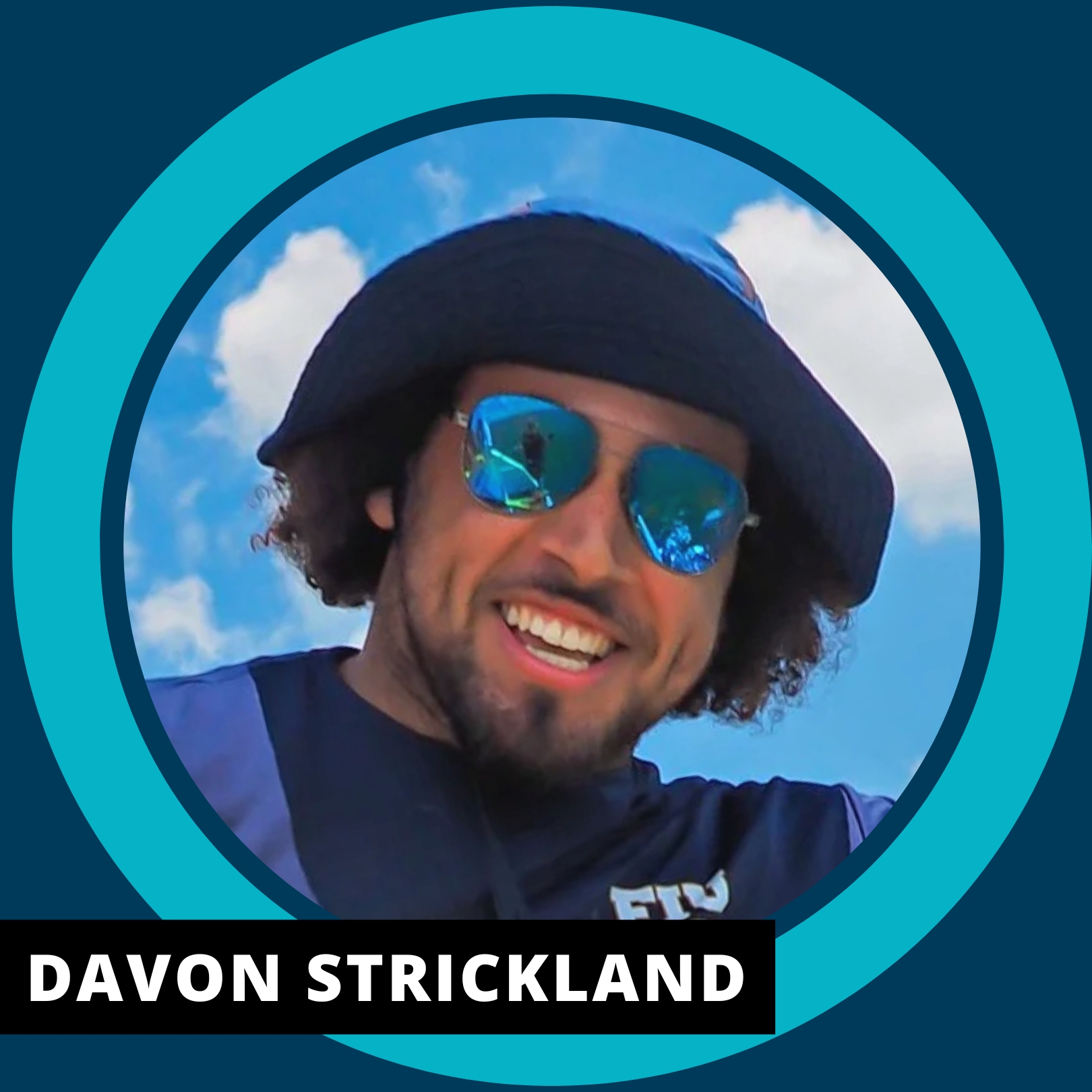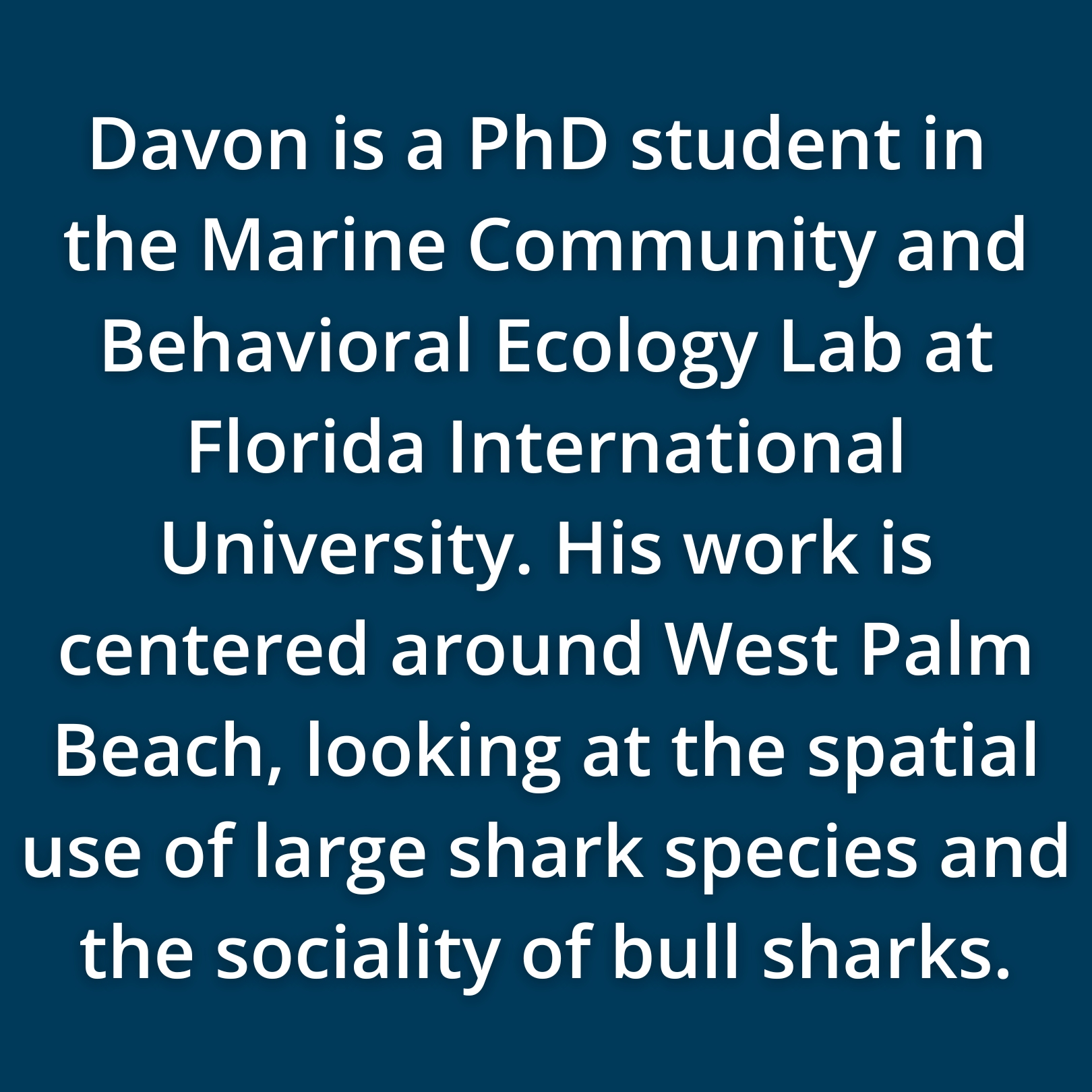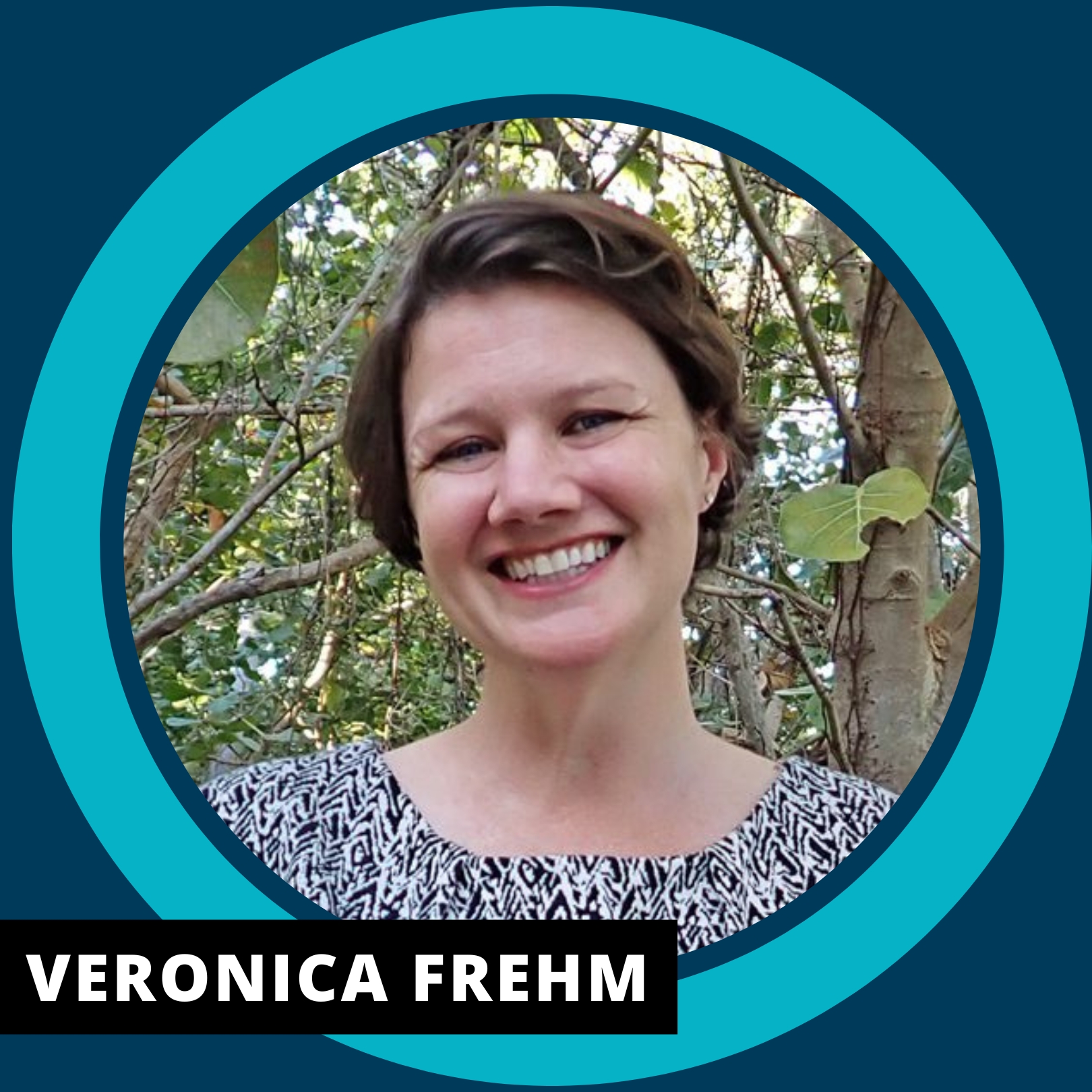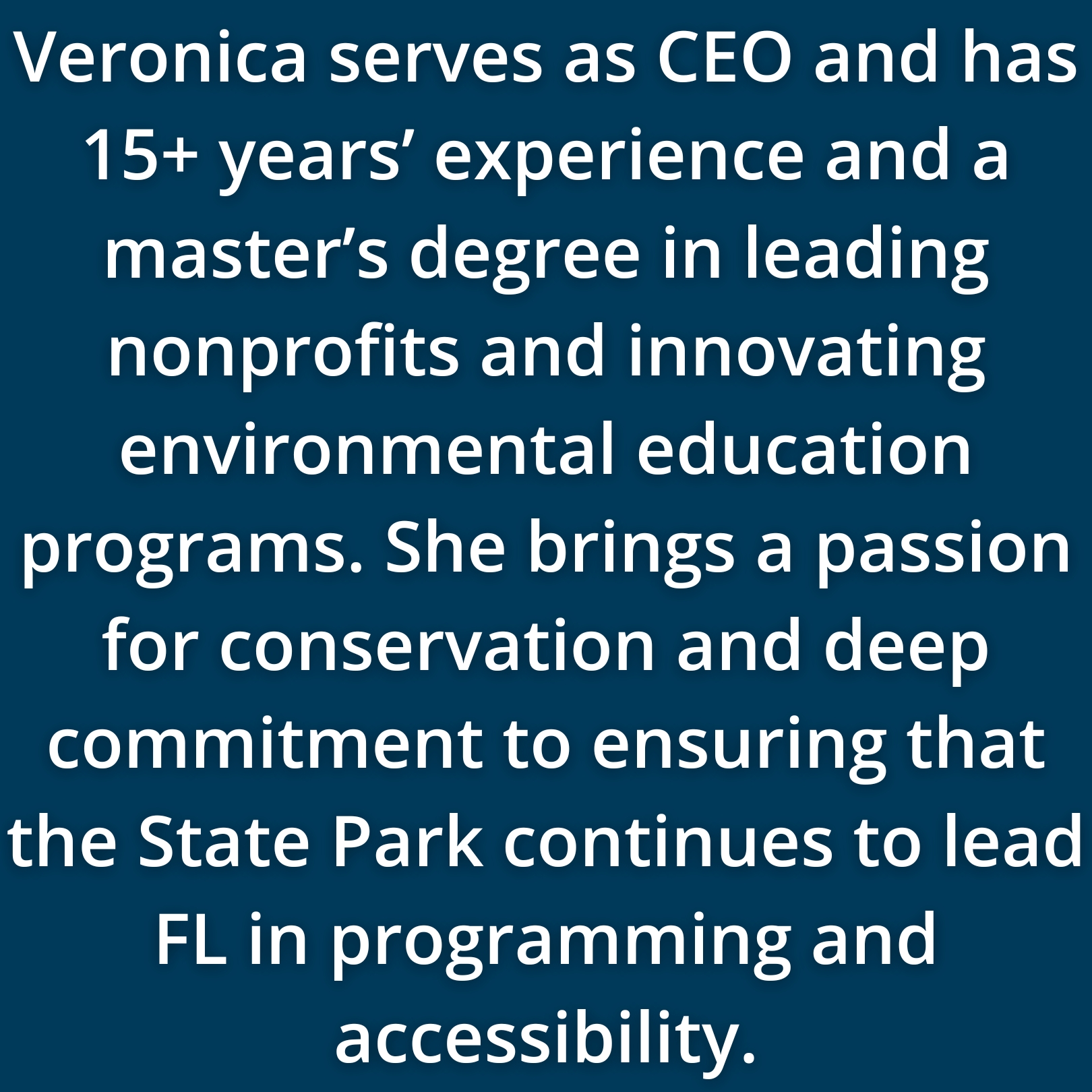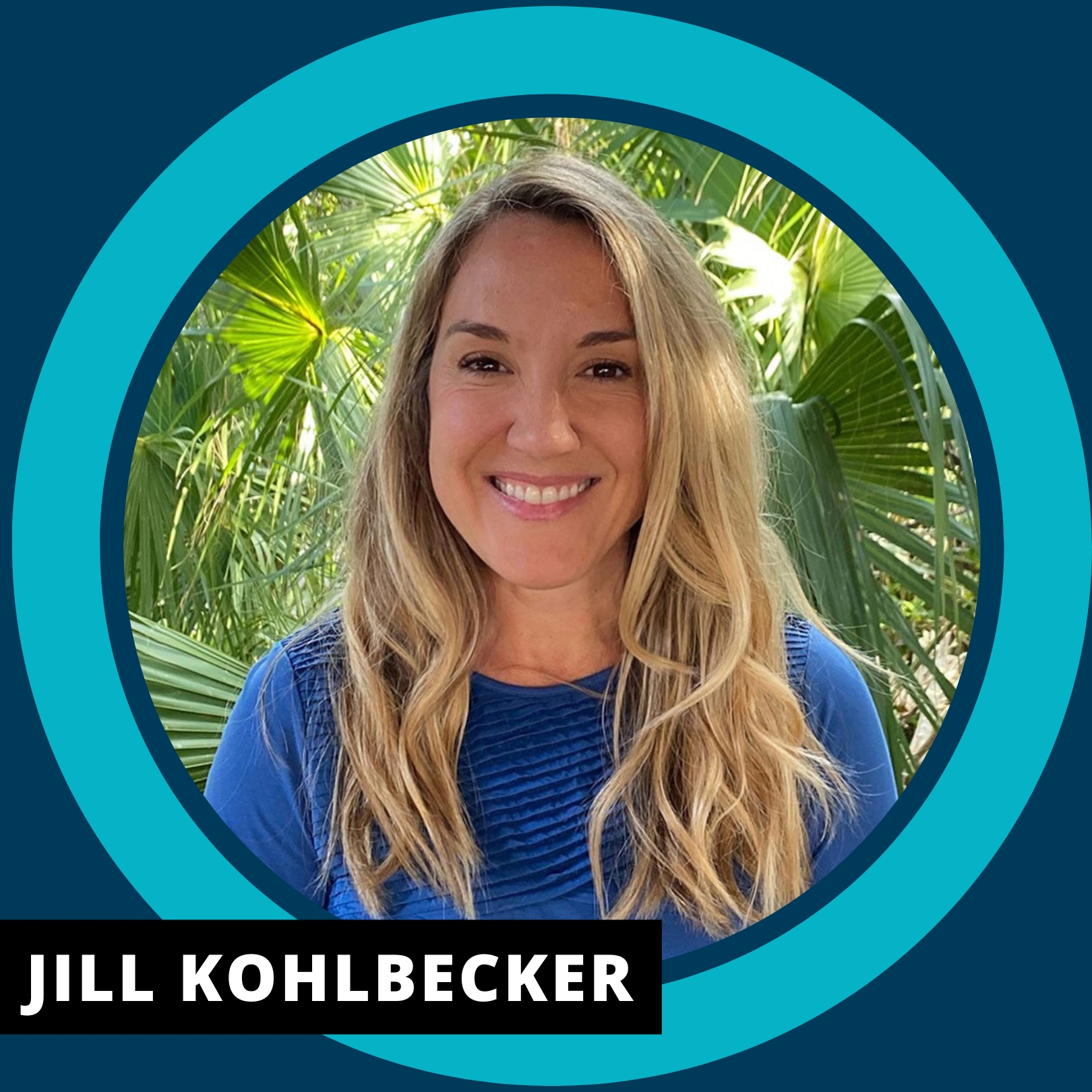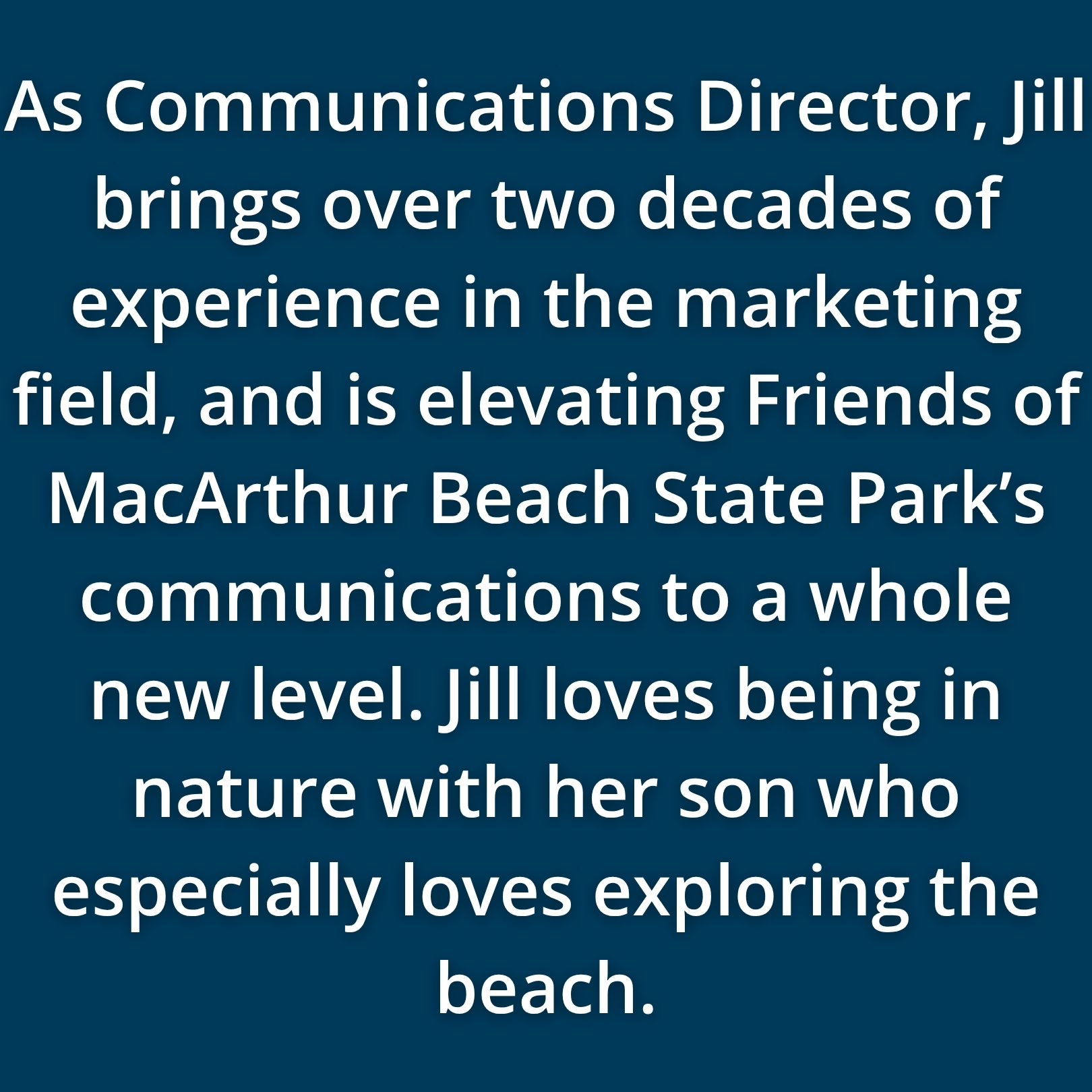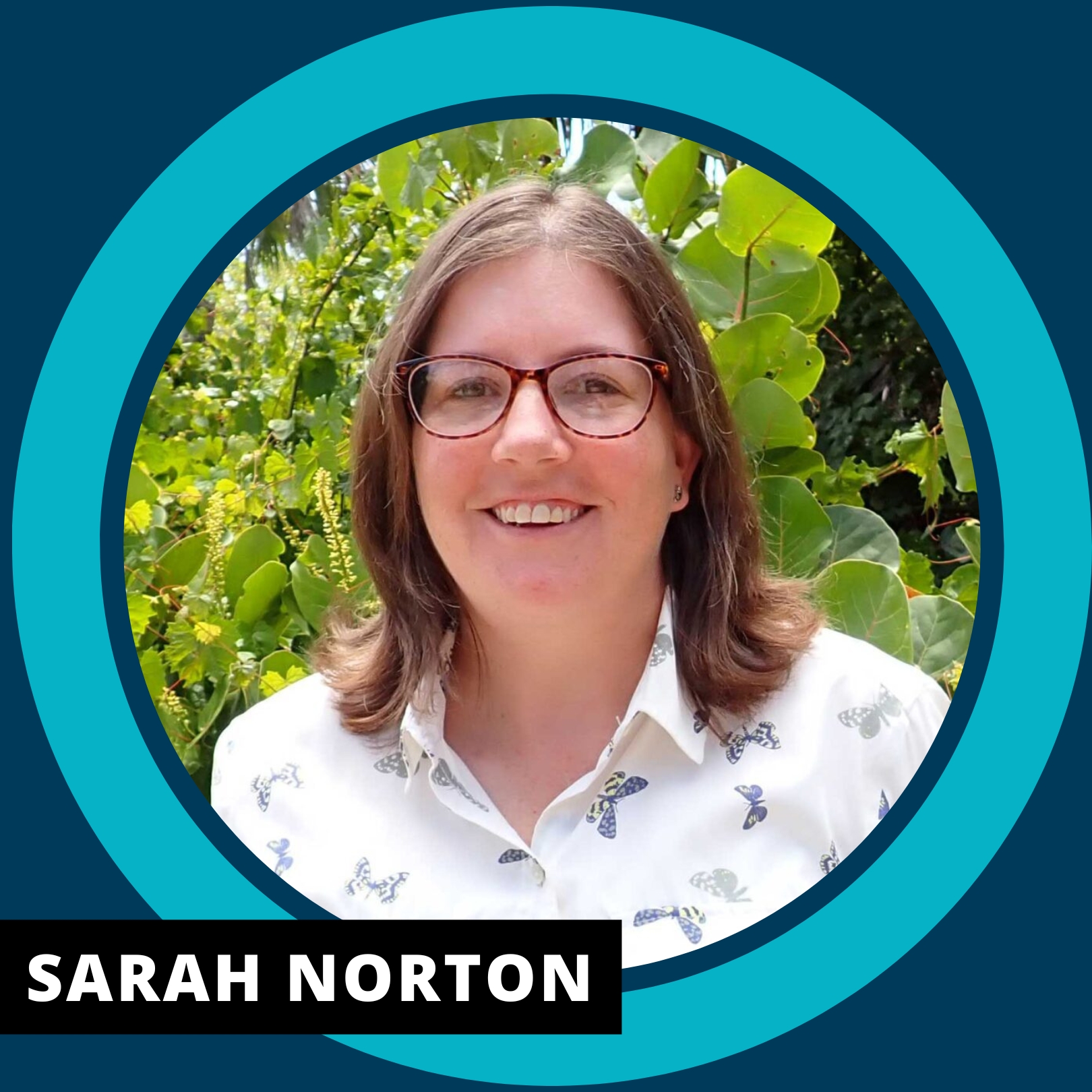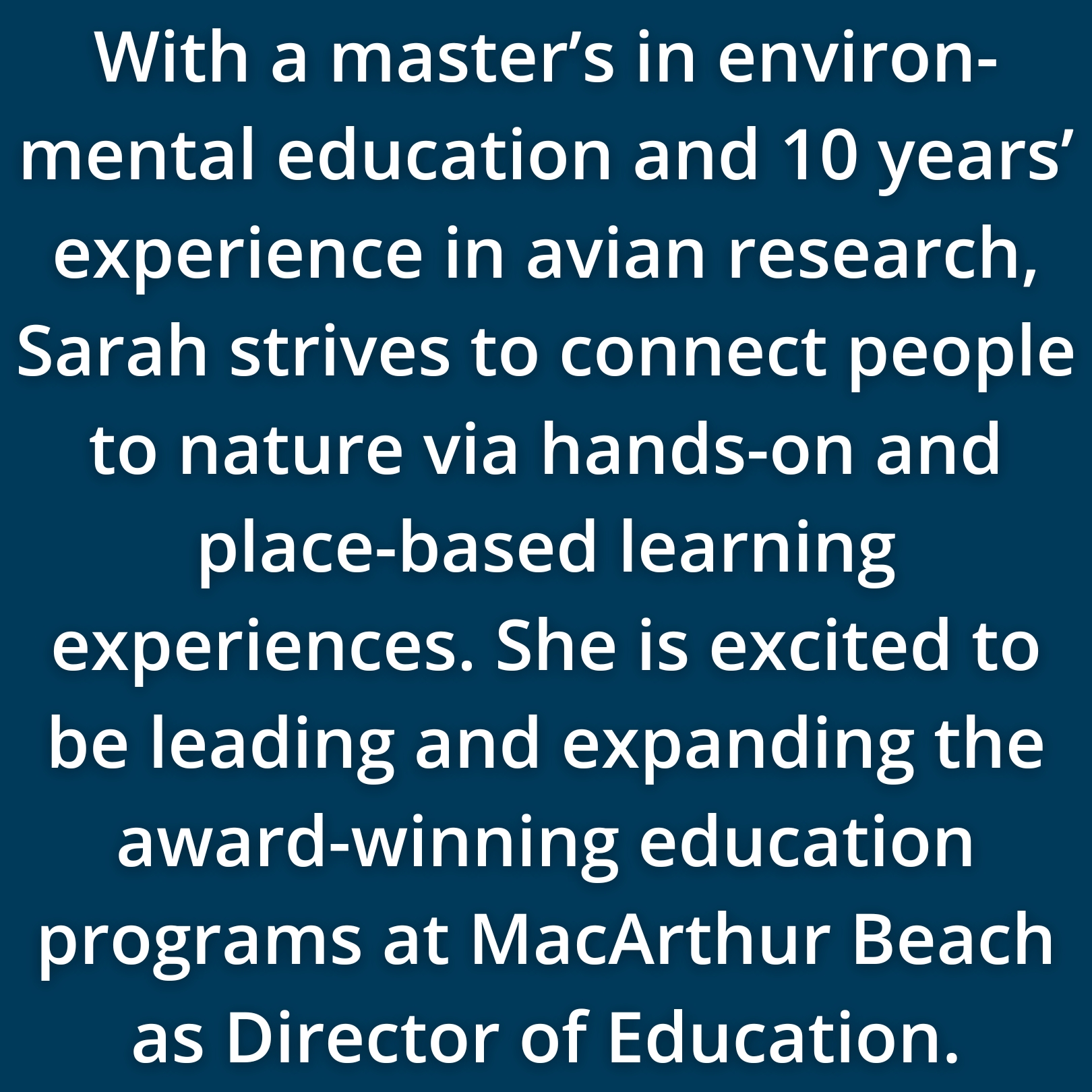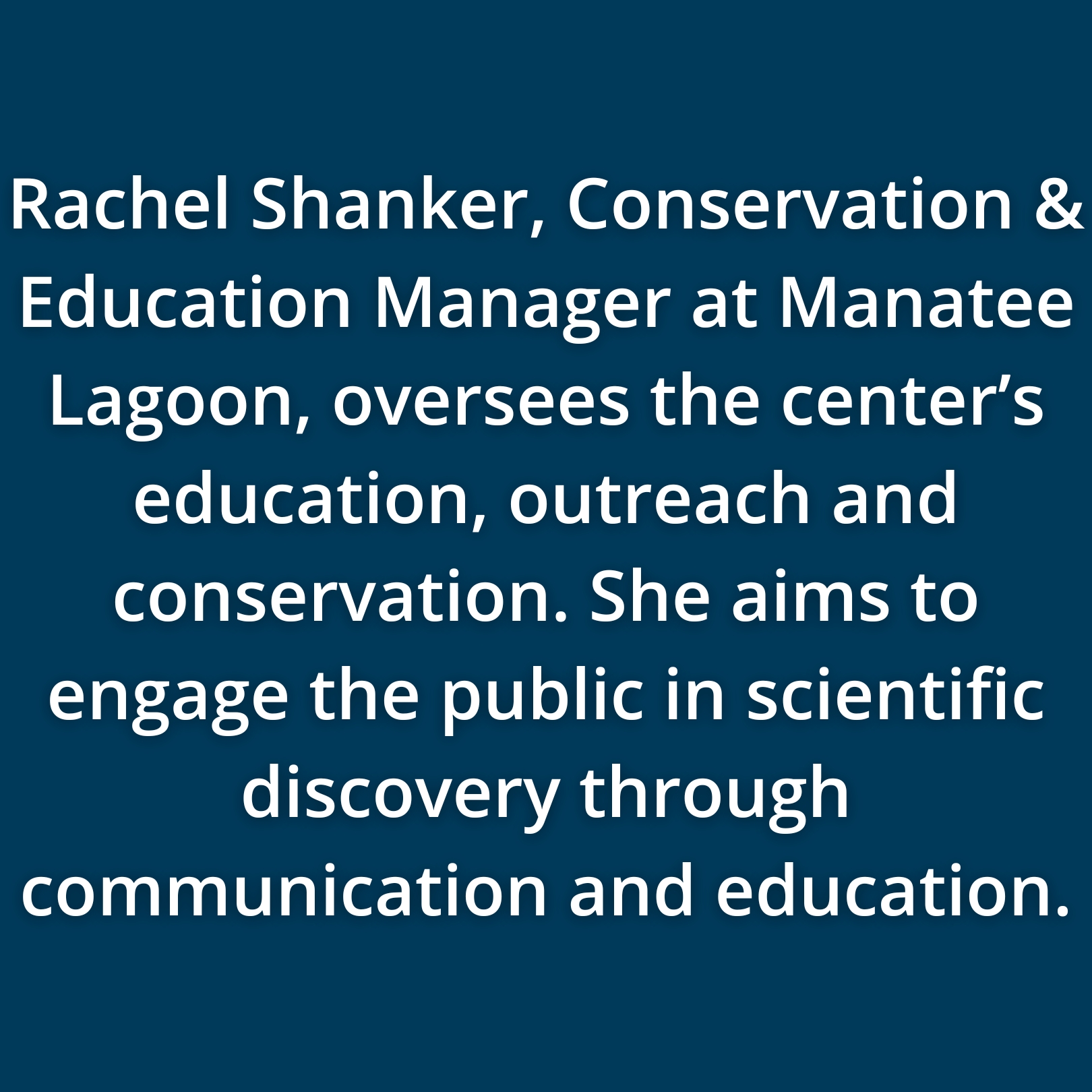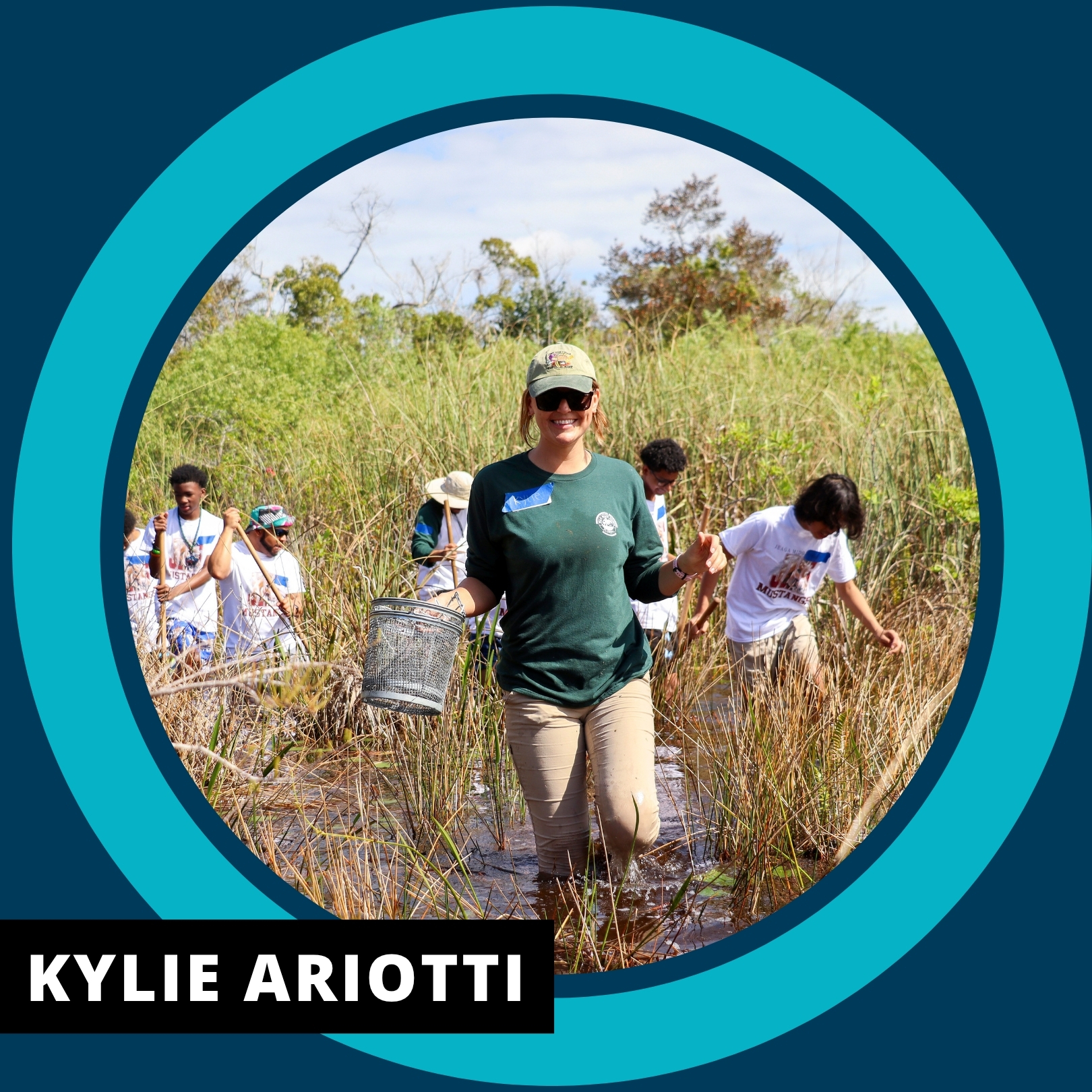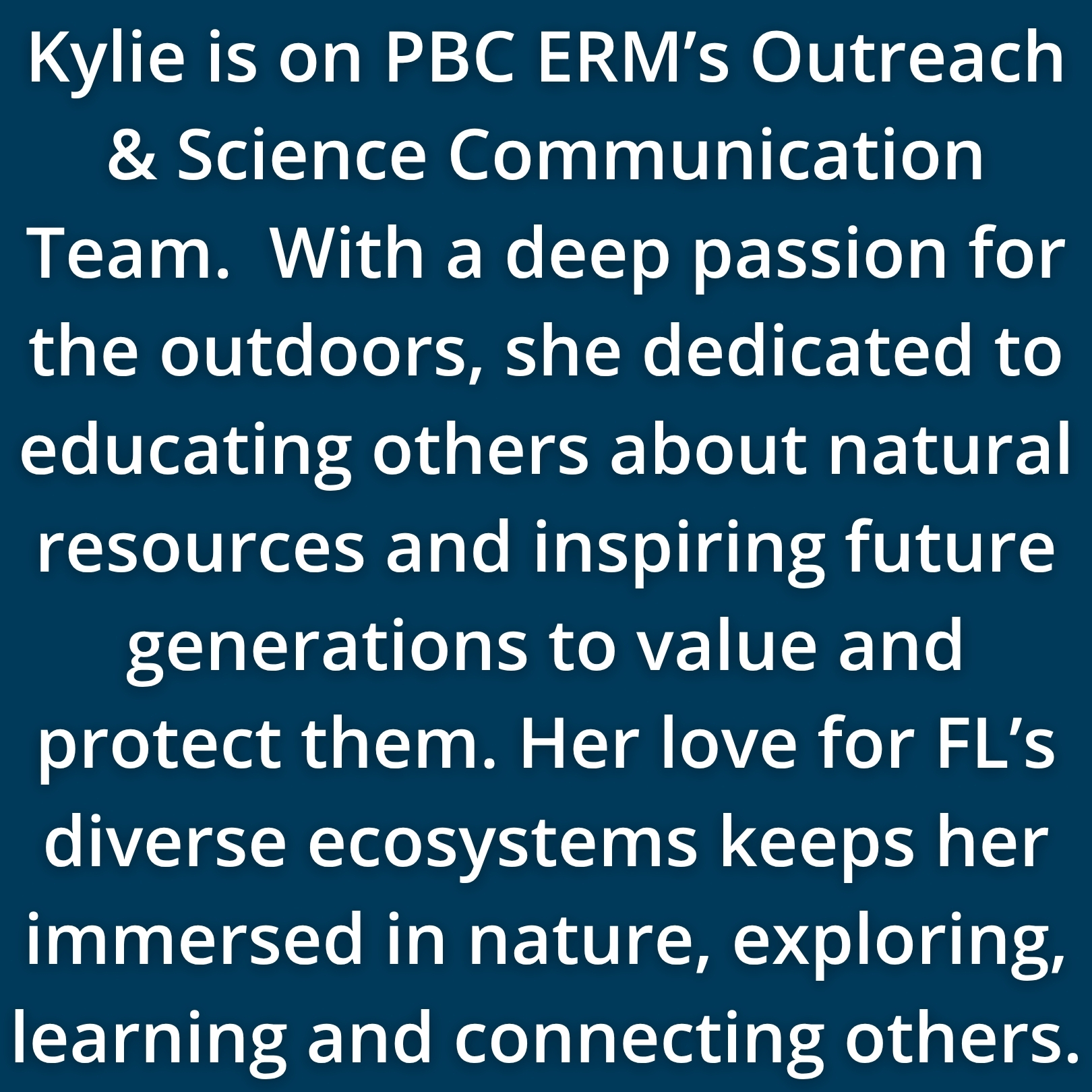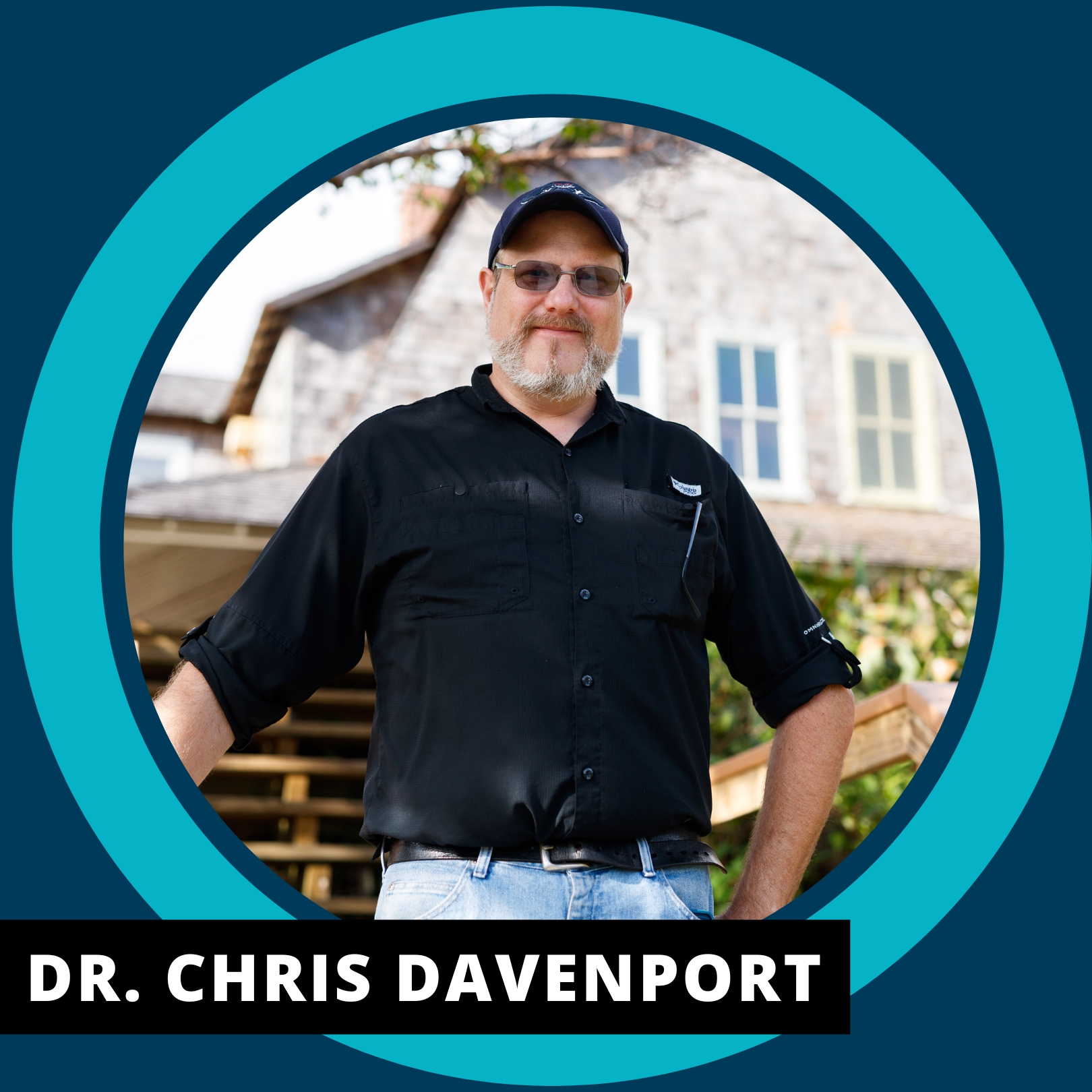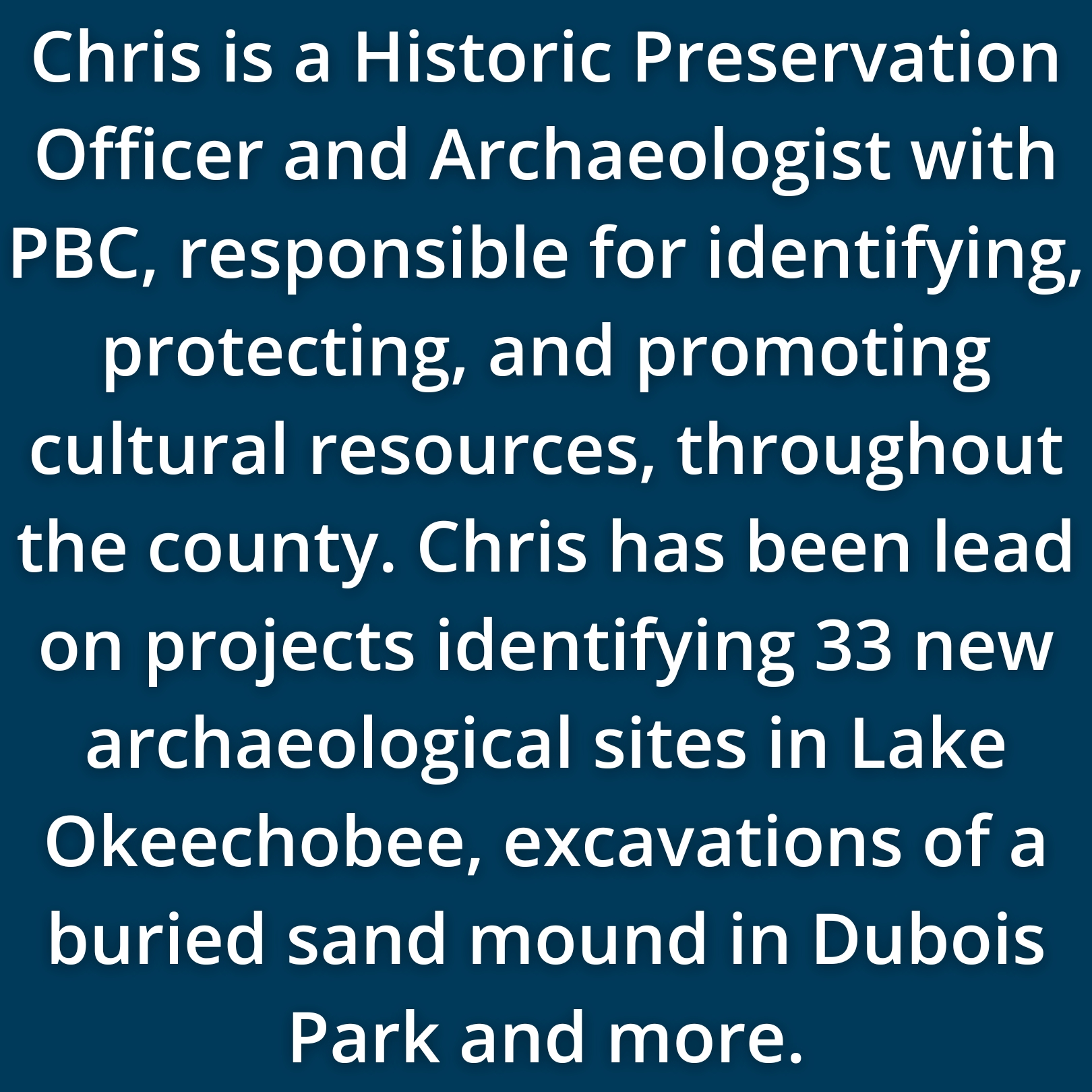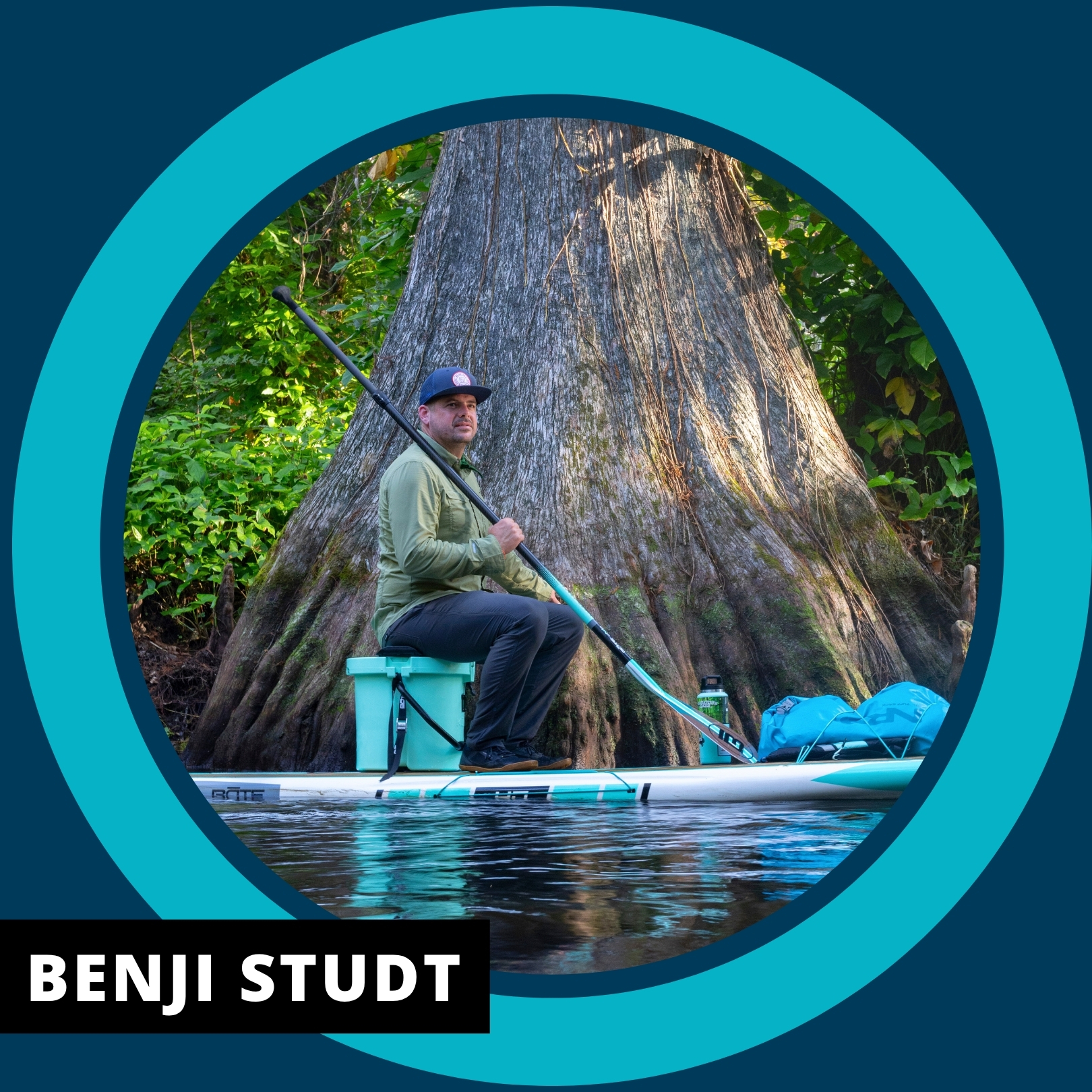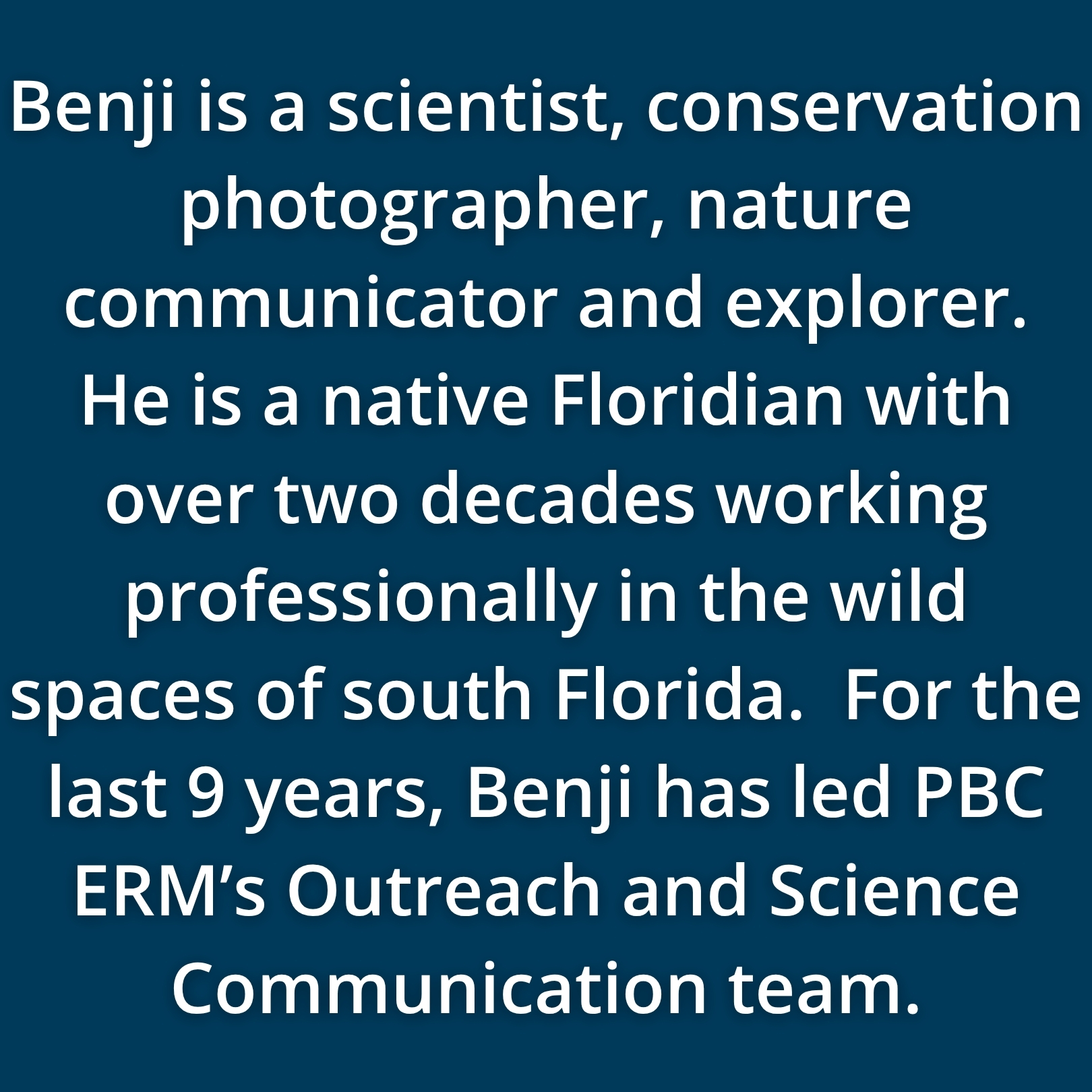Summer Educator Workshop – Research & Conservation around the Lake Worth Lagoon
~ July 14 - 17, 2025 ~

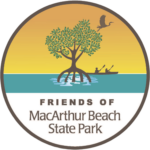
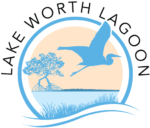
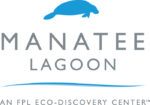
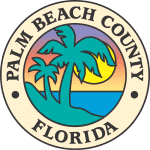
ANGARI Foundation, Friends of MacArthur Beach State Park, Manatee Lagoon, Palm Beach County Department of Environmental Resources Management (PBC ERM) and the Lake Worth Lagoon Initiative invite educators of middle and high school students in Palm Beach County to apply for their summer 2025 workshop! This free program will provide hands-on and immersive STEM education opportunities based on marine research and conservation efforts in Palm Beach County coastal waters. Participating educators will receive experiences, knowledge, resources and inspiration to share with their students and colleagues.
Tentative Workshop Agenda [subject to change]
July 14 (10 AM – 4:30 PM) – West Palm Beach, FL
- 09:35 – 09:45 AM: Parking & check-in.
- 10:00 – 11:30 AM: Workshop welcome and archeological history of the Lake Worth Lagoon with PBC Historic Preservation Officer and Archaeologist, Chris Davenport.
- 11:30 – 12:30 PM: Introduction to host organizations and participants.
- 12:30 – 01:30 PM: Working lunch; Lagoon Drift citizen science program overview and dashboard exploration with ANGARI Foundation Community Outreach Programs and Education Manager, Laura Jessop.
- 01:30 – 04:15 PM: Dive into marine science with Manatee Lagoon – An FPL Eco-Discovery Center®! Explore a variety of lesson plans and educational content that will equip your students with the knowledge and passion to become the next generation of conservationists. Experience interactive exhibits and captivating facilities that can be leveraged for virtual or physical field trips. This session will offer a unique opportunity for educators to explore the engaging resources Manatee Lagoon has available to bring marine science to life in their classrooms.
- 04:15 – 04:30 PM: Logistics, group assignments and reminders for fieldwork.
July 15 & 16 – [Participants split in two groups alternating between A & B Day Itineraries]
A-Day Itinerary – West Palm Beach, FL
- 07:30 – 07:45 AM: Parking & check-in.
- 08:00 – 08:15 AM: Meet the R/V ANGARI Crew and research vessel safety briefing.
- 08:15 – 08:30 AM: Introduction to Coastal Ocean Explorers: Sharks program, partner scientists from Florida International University, shark research and conservation by program Lead Scientist, Will Sample.
- 08:30 – 10:00 AM: Learn about and deploy baited remote underwater video systems for the study of local marine life.
- 10:00 – 03:30 PM: Drumline fishing for sharks with scientific workup of any caught prior to release.
- 03:30 – 04:30 PM: Shark research expedition debrief and sharing of relevant educational content and resources.
B-Day Itinerary – North Palm Beach, FL
- 08:00 AM: Parking & check-in.
- 08:15 – 12:00 PM: Embark on an engaging field experience in the Lake Worth Lagoon with scientists from PBC Environmental Resources Management. Kayak paddle and seine for marine life out of the south end of John D. MacArthur Beach State Park. All equipment and instruction will be provided for a safe and enjoyable paddle. Guaranteed to get wet, have fun and learn valuable information about our local natural treasure… The Lake Worth Lagoon!
- 12:00 – 01:00 PM: Lunch provided courtesy of Friends of Manatee Lagoon.
- 01:00 – 04:30 PM: Education program presentation and John D. MacArthur Beach State Park tour with activities by Friends of MacArthur Beach State Park Director of Education, Sarah Norton.
July 17 (Noon – 5 PM) – West Palm Beach, FL
- 11:45 – 12:00 PM: Parking & check-in.
- 12:00 – 02:00 PM: Field day recap and discussion of workshop experiences.
- 02:00 – 04:00 PM: Lagoon Legends presentation and activities.
- 04:00 – 04:50 PM: Final thoughts, wrap up, expectations and participant feedback. [Laptop required]
- 04:50 – 05:00 PM: Participant raffle & giveaways!
- [VOLUNTARY] 05:00 – 07:00 PM: Happy hour onsite courtesy of ANGARI Foundation.
LWL Educator Workshop FAQs
Topics addressed during the expeditions are varied and range from the nature of science and practice of science, to marine biology, biodiversity, food web dynamics, bio-accumulation, human impacts on the environment and fisheries. The instructional method is informal, flexible and hands-on. Students will work alongside scientists to apply and advance their own science knowledge and skills in the field. Next Generation Sunshine State Standards targeted during expeditions may include:
- SC.6.N.1.5: Recognize that science involves creativity, not just in designing experiments, but also in creating explanations that fit evidence.
- SC.7.N.1.5: Describe the methods used in the pursuit of a scientific explanation as seen in different fields of science such as biology, geology and physics.
- SC.8.N.4.1: Explain that science is one of the processes that can be used to inform decision making at the community, state, national and international levels.
- SC.8.N.4.2: Explain how political, social, and economic concerns can affect science, and vice versa.
- SC.912.N.1.1: Define a problem based on a specific body of knowledge; pose questions, conduct systematic observations, examine books and other sources of information to see what is already known, review what is known in light of empirical evidence, plan investigations…
- SC.912.N.1.7: Recognize the role of creativity in constructing scientific questions, methods and explanations.
- SC.912.L.12.1: Discuss the characteristics of populations, such as number of individuals, age structure, density and pattern of distribution.
- SC.912.L.17.8: Recognize the consequences of the losses of biodiversity due to catastrophic events, climate changes, human activity, and the introduction of invasive, non-native species.
- SC.912.L.17.20: Predict the impact of individuals on environmental systems and examine how human lifestyles affect sustainability.
Within the Ocean Literacy Framework, the following Principles and Fundamental Concepts will be addressed:
- Principle #5 – The ocean supports a great diversity of life and ecosystems.
d. Ocean biology provides many unique examples of life cycles, adaptations and important relationships among organisms (symbiosis, predator-prey dynamics, and energy transfer) that do not occur on land.
e. The ocean provides a vast living space with diverse and unique ecosystems from the surface through the water column and down to, and below, the seafloor. Most of the living space on Earth is in the ocean.
f. Ocean ecosystems are defined by environmental factors and the community of organisms living there. Ocean life is not evenly distributed through time or space due to differences in abiotic factors such as oxygen, salinity, temperature, pH, light, nutrients, pressure, substrate and circulation. A few regions of the ocean support the most abundant life on Earth, while most of the ocean does not support much life. - Principle #6 – The ocean and humans are inextricably interconnected) will be addressed during Coastal Ocean Explorers programming.
b. The ocean provides foods, medicines, and mineral and energy resources. It supports jobs and national economies, serves as a highway for transportation of goods and people, and plays a role in national security.
c. The ocean is a source of inspiration, recreation, rejuvenation and discovery. It is also an important element in the heritage of many cultures.
d. Humans affect the ocean in a variety of ways. Laws, regulations and resource management affect what is taken out and put into the ocean. Human development and activity leads to pollution (point source, non-point source, and noise pollution), changes to ocean chemistry (ocean acidification) and physical modifications (changes to beaches, shores and rivers). In addition, humans have removed most of the large vertebrates from the ocean.
g. Everyone is responsible for caring for the ocean. The ocean sustains life on Earth and humans must live in ways that sustain the ocean. Individual and collective actions are needed to effectively manage ocean resources for all.
Absolutely! While most groups participating in Coastal Ocean Explorers: Sharks are local to South Florida and within short driving distance, educators from any school or organization within the United States may apply. Please note, however, that we cannot support travel or transportation expenses. Additionally, available funding to support expeditions is generally reserved for schools in and around Palm Beach County.
We recommend that anyone subject to motion sickness or concerned about seasickness speak with their physician to acquire the appropriate over the counter or prescription medicine ahead of the expedition. Whenever wave conditions are determined to be uncomfortable for shark research offshore, the expedition takes place in the protected waters of the Lake Worth Lagoon. Group leaders may request in advance that the expedition location be planned for the Lake Worth Lagoon, no matter the offshore conditions, if they so choose.
If approved for an expedition, you will be asked to submit a final passenger list with copies of all signed forms a minimum of 14 days prior to the expedition. Each participant (and a parent or guardian for those under 18) will need to sign off on our R/V ANGARI Expedition Code of Conduct, Appearance and Liability Releases. Failure to submit completed forms by the stated deadline may result in forfeit of the expedition.
- Hat, sunglasses, sunscreen, etc. to protect you from the sun
- Reusable water bottle
- Rubber soled, closed toe shoes you do not mind getting wet or dirty
- Clothing you do not mind getting wet or dirty, including a sweater, windbreaker and/or raincoat
- Hair tie or other accessory to secure longer hair
- Small bag or backpack for all your gear
- Any medications you may need
As with all R/V ANGARI expeditions, the health and safety of our crew, scientists and participants are our priority. During Coastal Ocean Explorers expeditions:
- If you are not feeling well, it is strongly recommended that you do not participate in the expedition or wear a facial covering while onboard to prevent exposing others to any illness.
- Masks are no longer required to be worn onboard; however, anyone who would like to wear a mask is welcome to and additional masks are available onboard for any participants who require one.
- Hand soap and sanitizer are readily available onboard. Everyone is expected to wash their hands with soap and warm water before and after working with the Scientists.
Yes, we encourage you to create a wait list so that another youth and/or chaperone (with completed paperwork) is ready to take the place of one who may be unable to make it due to unforeseen circumstances. The final passenger list with any planned alternates must be submitted no later than 14 days prior to expedition. Failure to submit your final passenger list by the deadline may result in forfeit of the expedition.
In cases of severe weather or sea conditions that make it unsafe to conduct research offshore, the expedition will continue inshore using the same hands-on research methods within Lake Worth Lagoon. The offshore-inshore decision will be made day of by the Captain based on current weather and safe operating conditions.
Expeditions will only be cancelled when both the ocean and the Lake Worth Lagoon waters become too rough to allow a safe and effective trip. In this case, the group leader or teacher would be notified of the cancellation, and they will notify your group. In certain cases, an expedition may be delayed or end early due to developing unsafe weather conditions, and these calls will be made day of as necessary for safety. There will be no rescheduling in the event of an expedition that is cut short due to weather.

